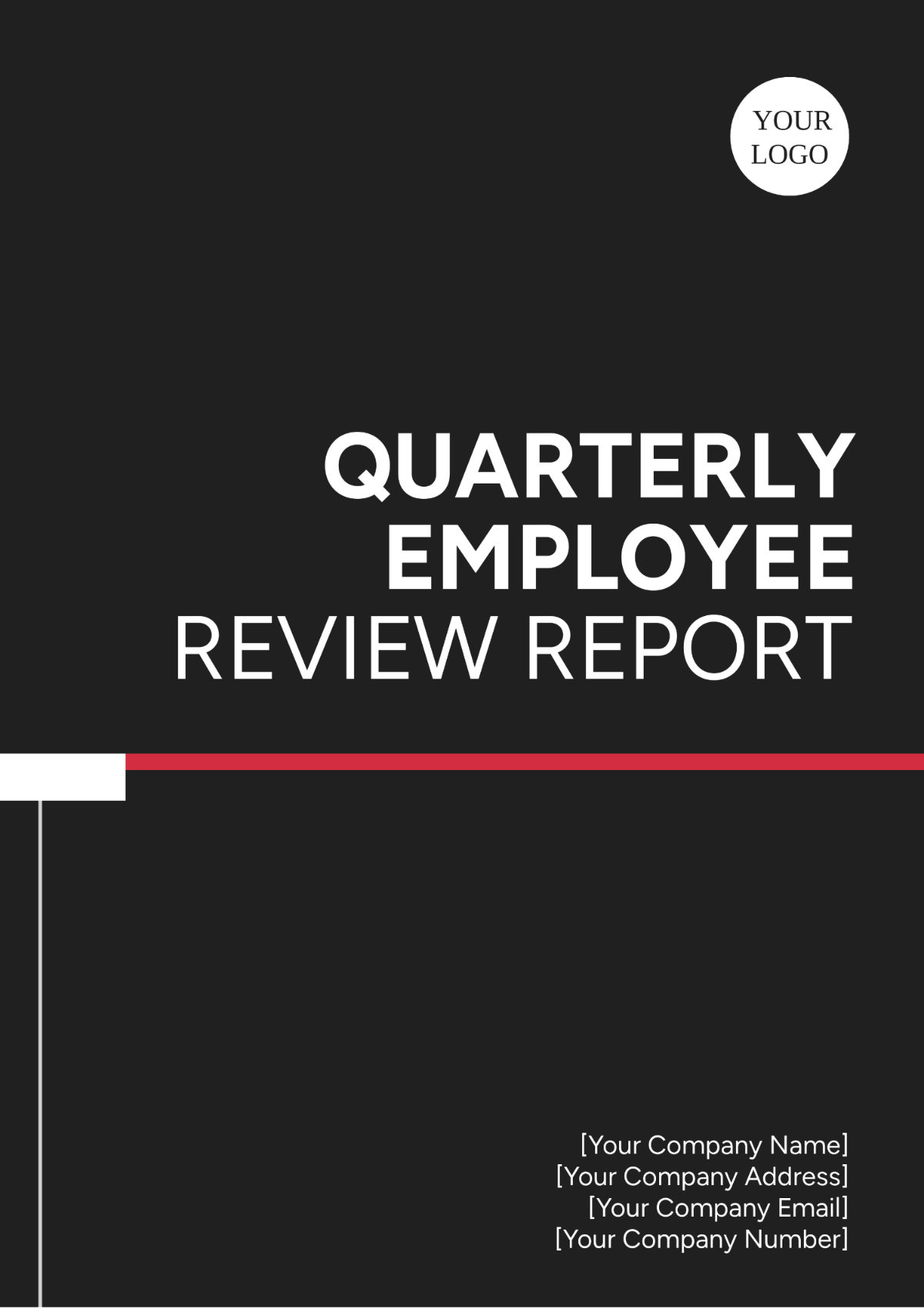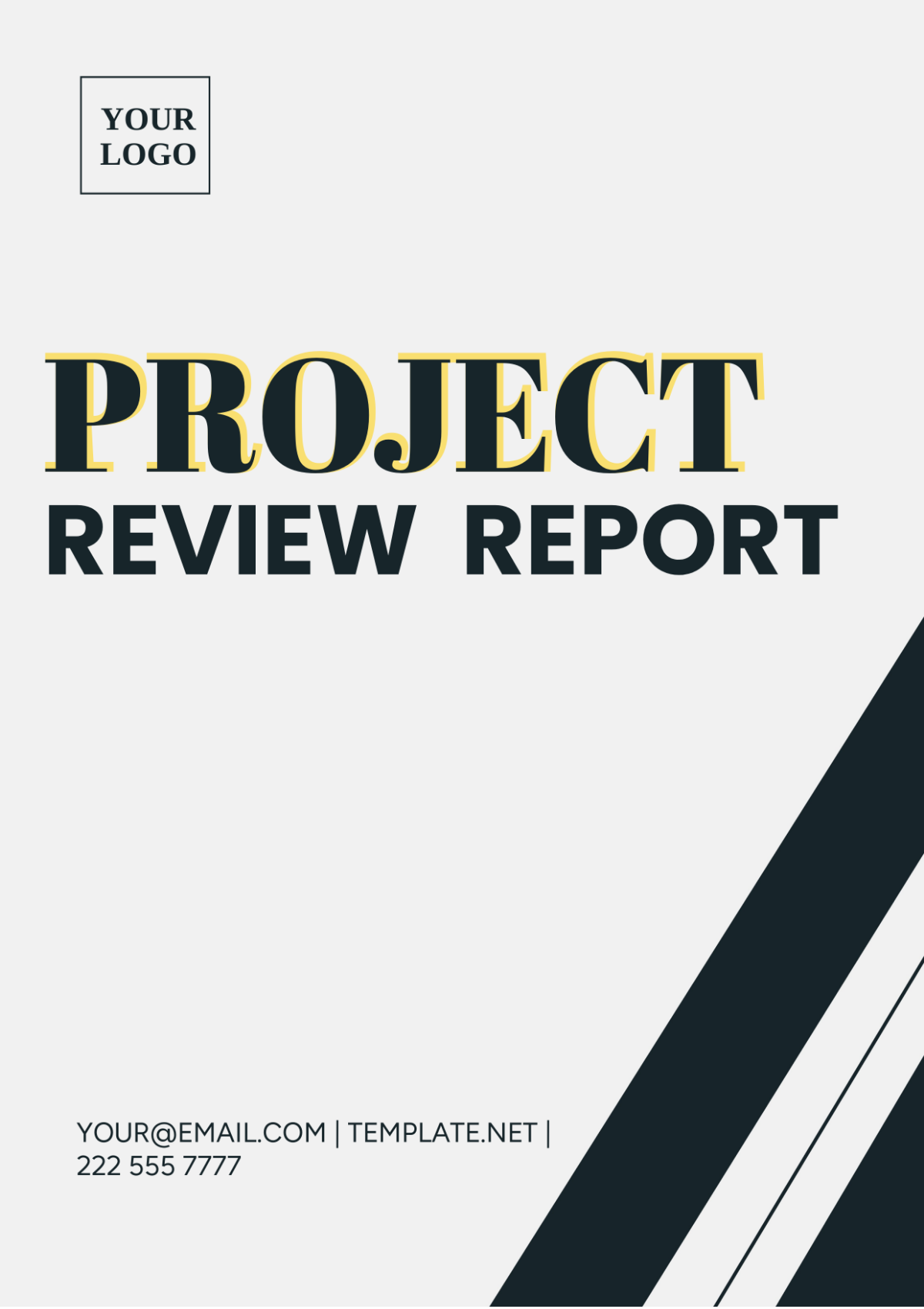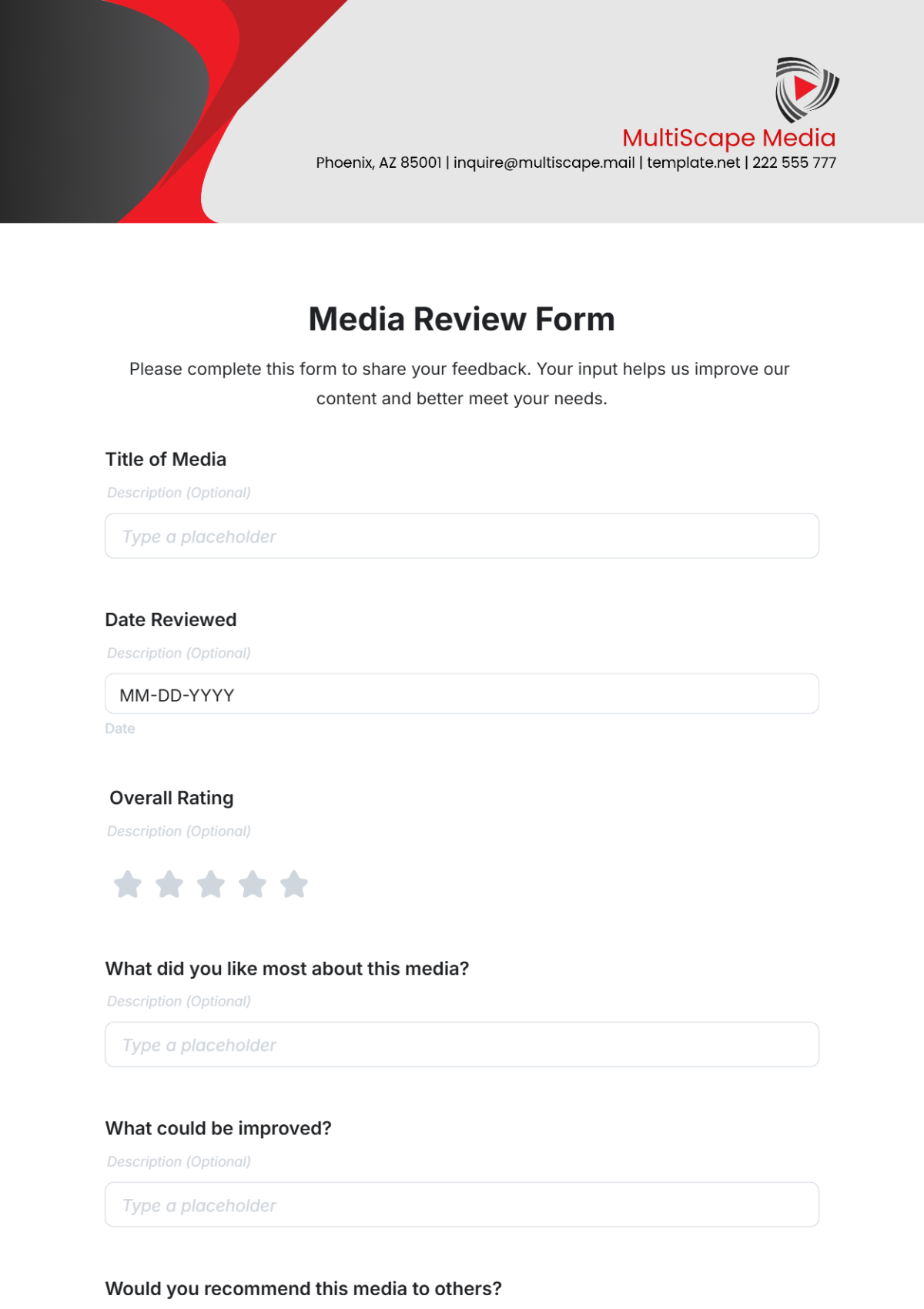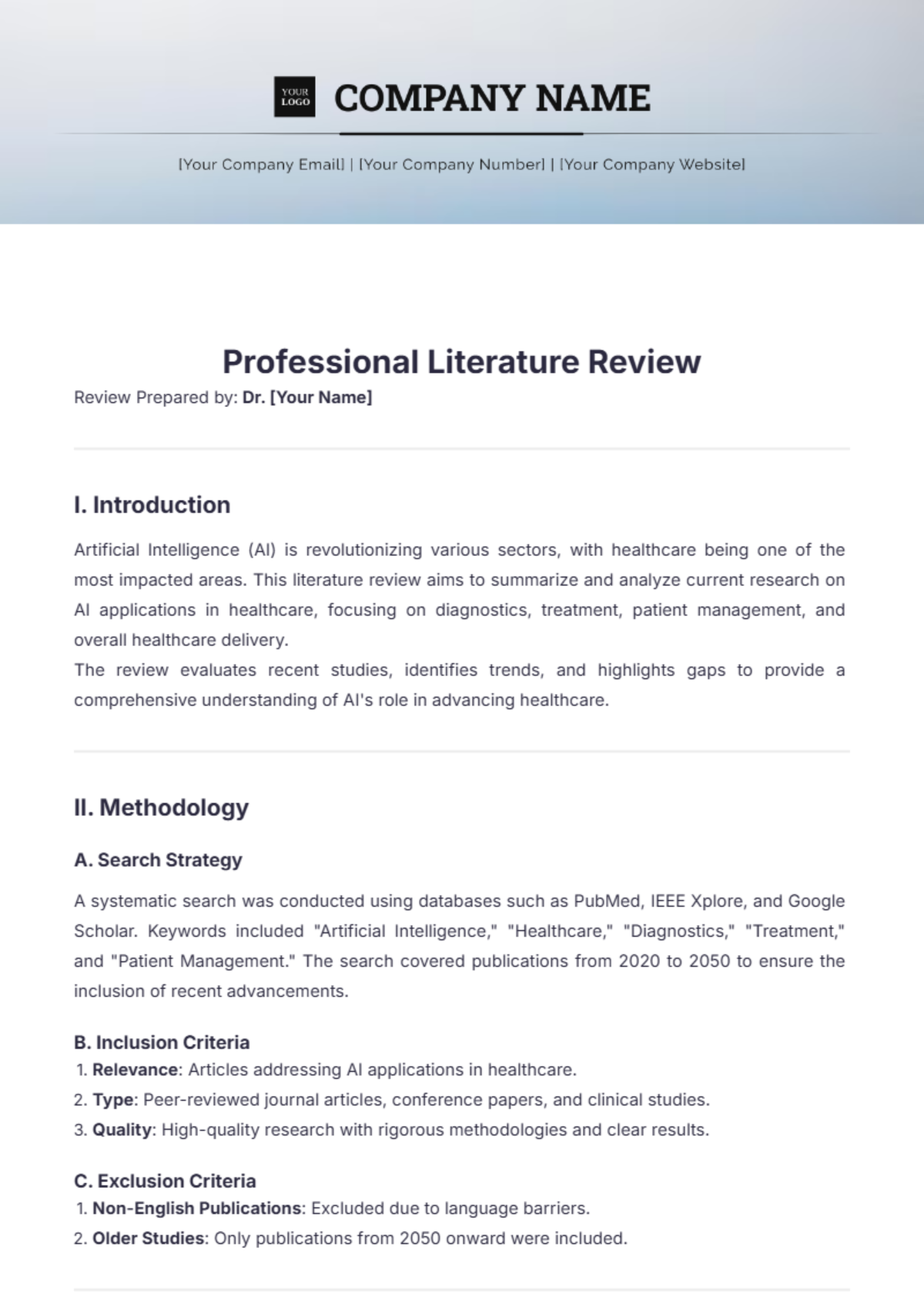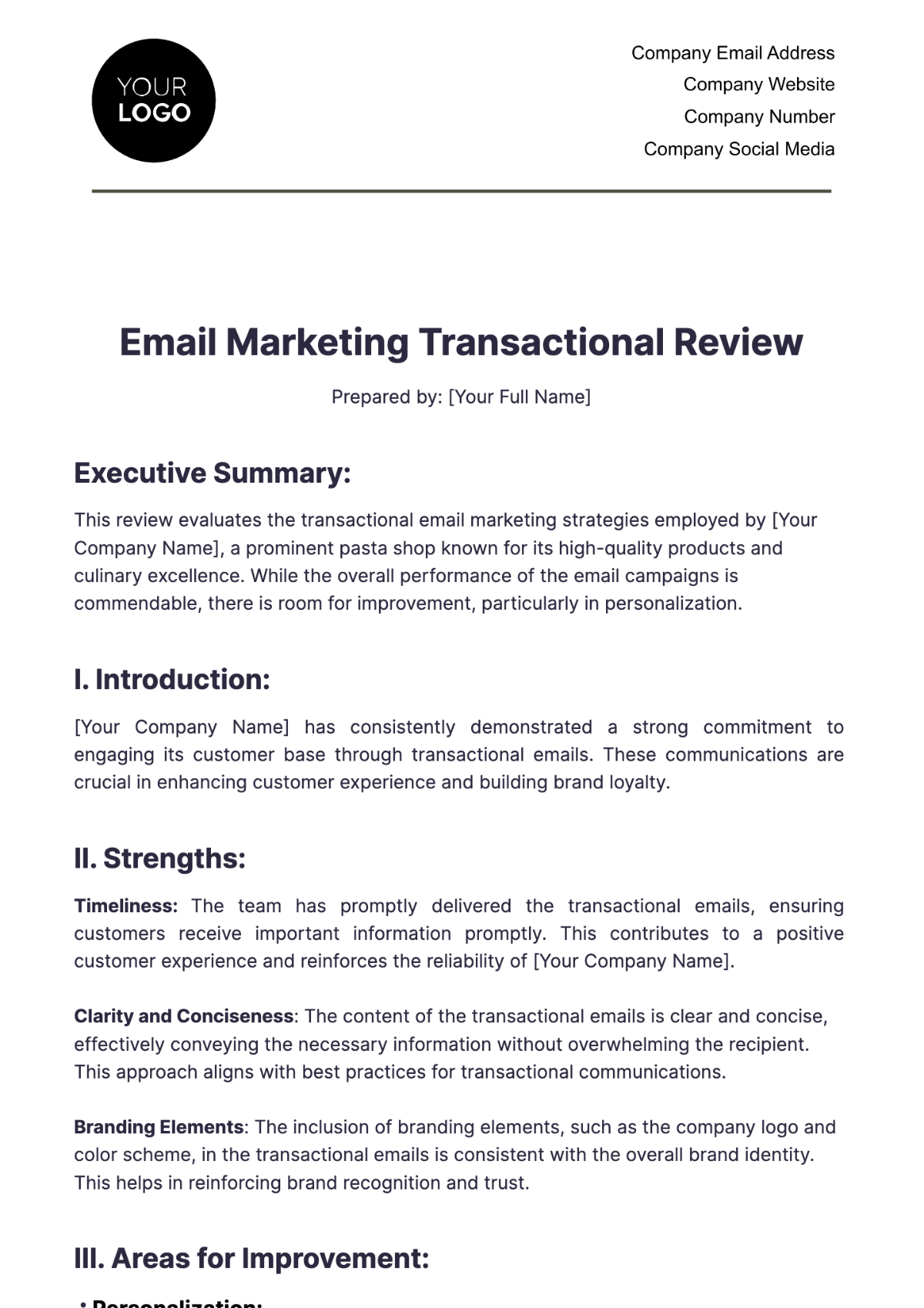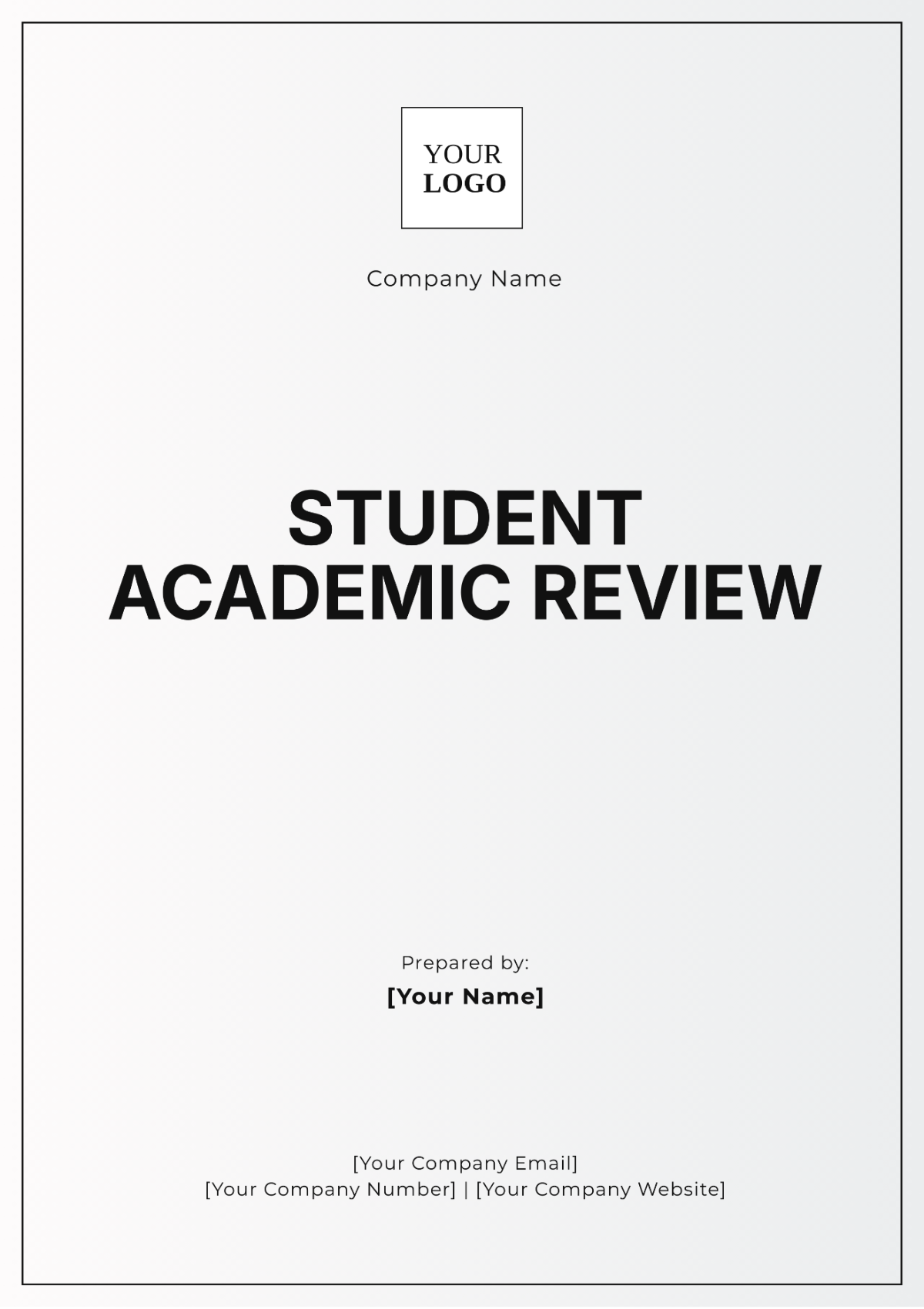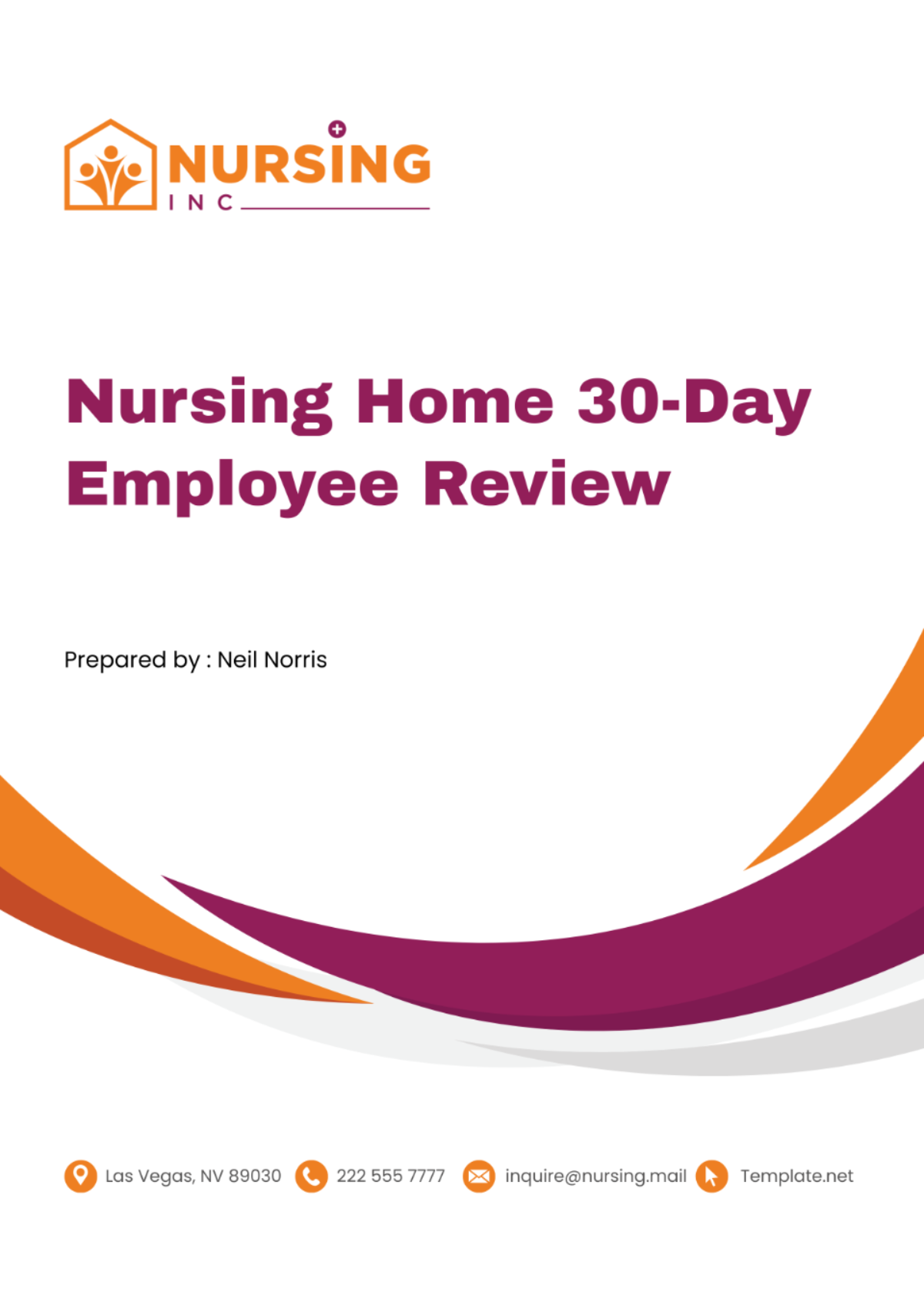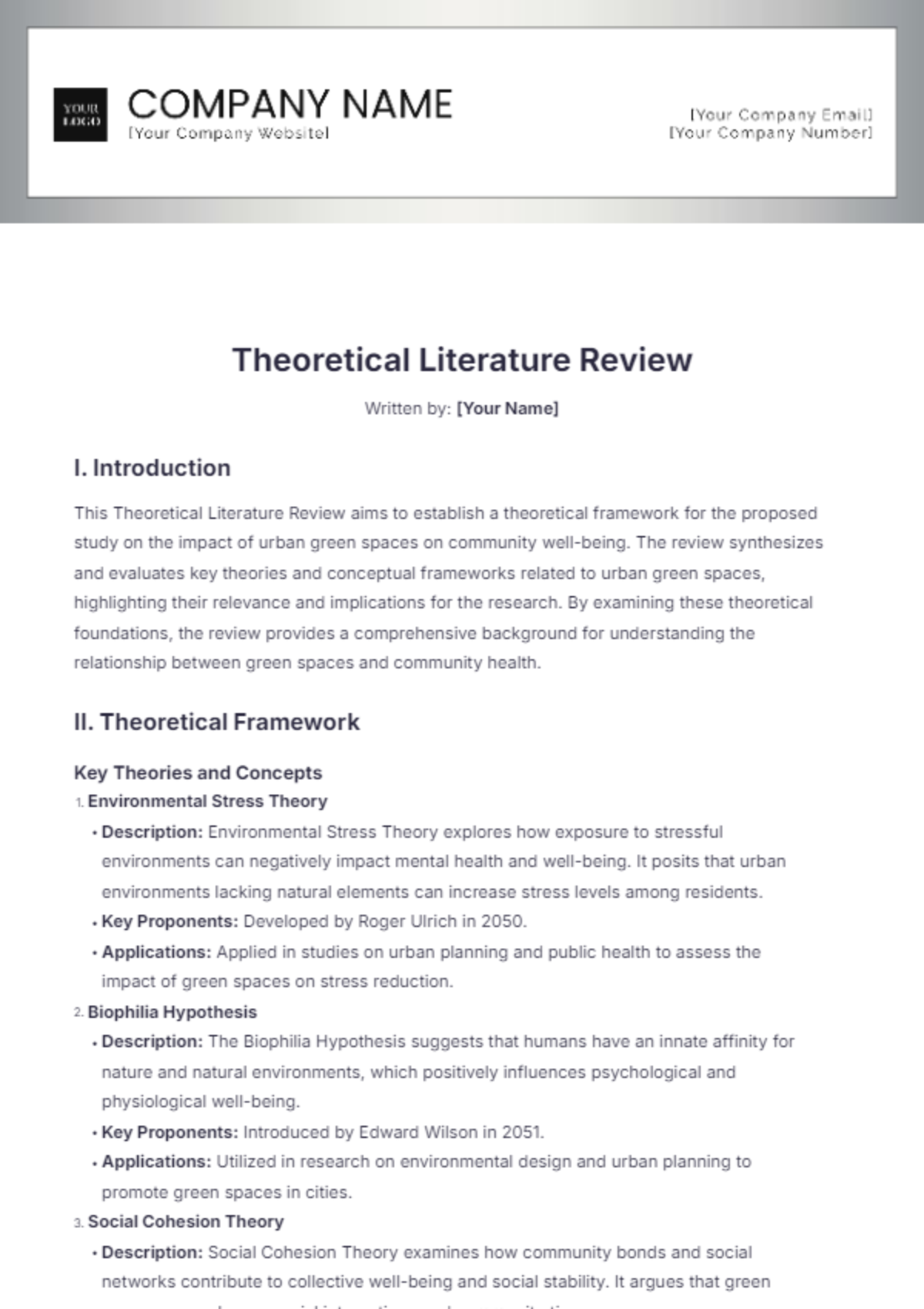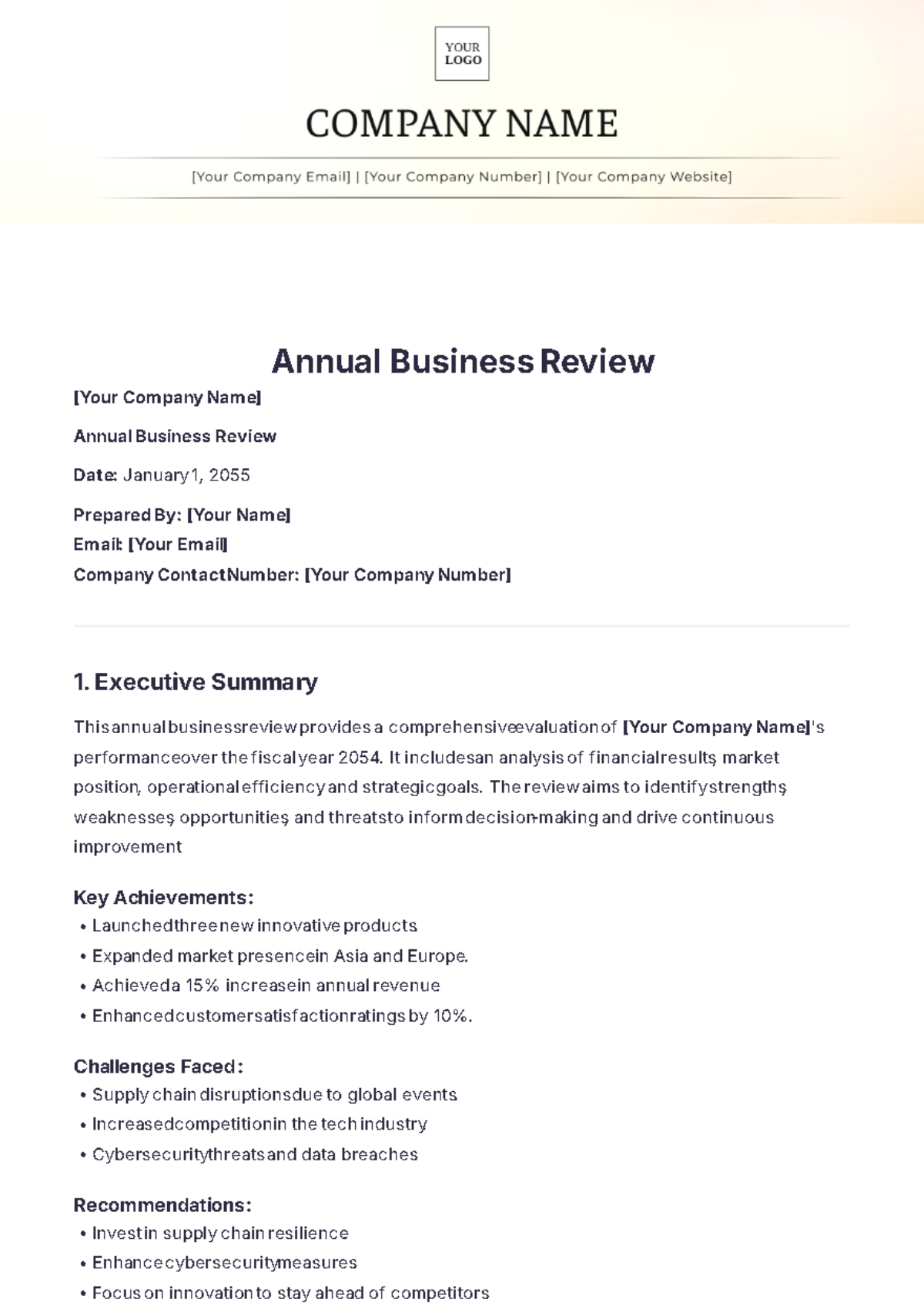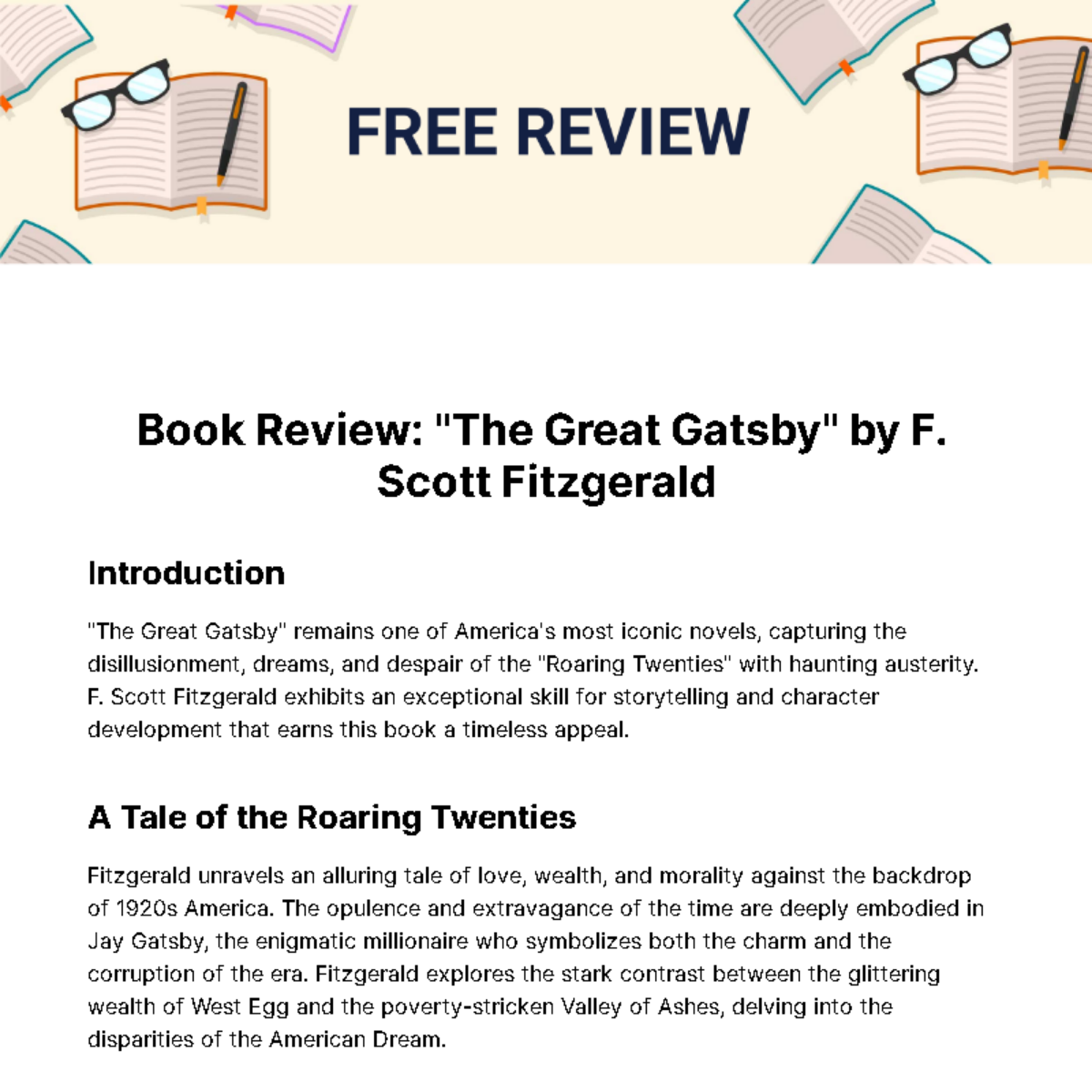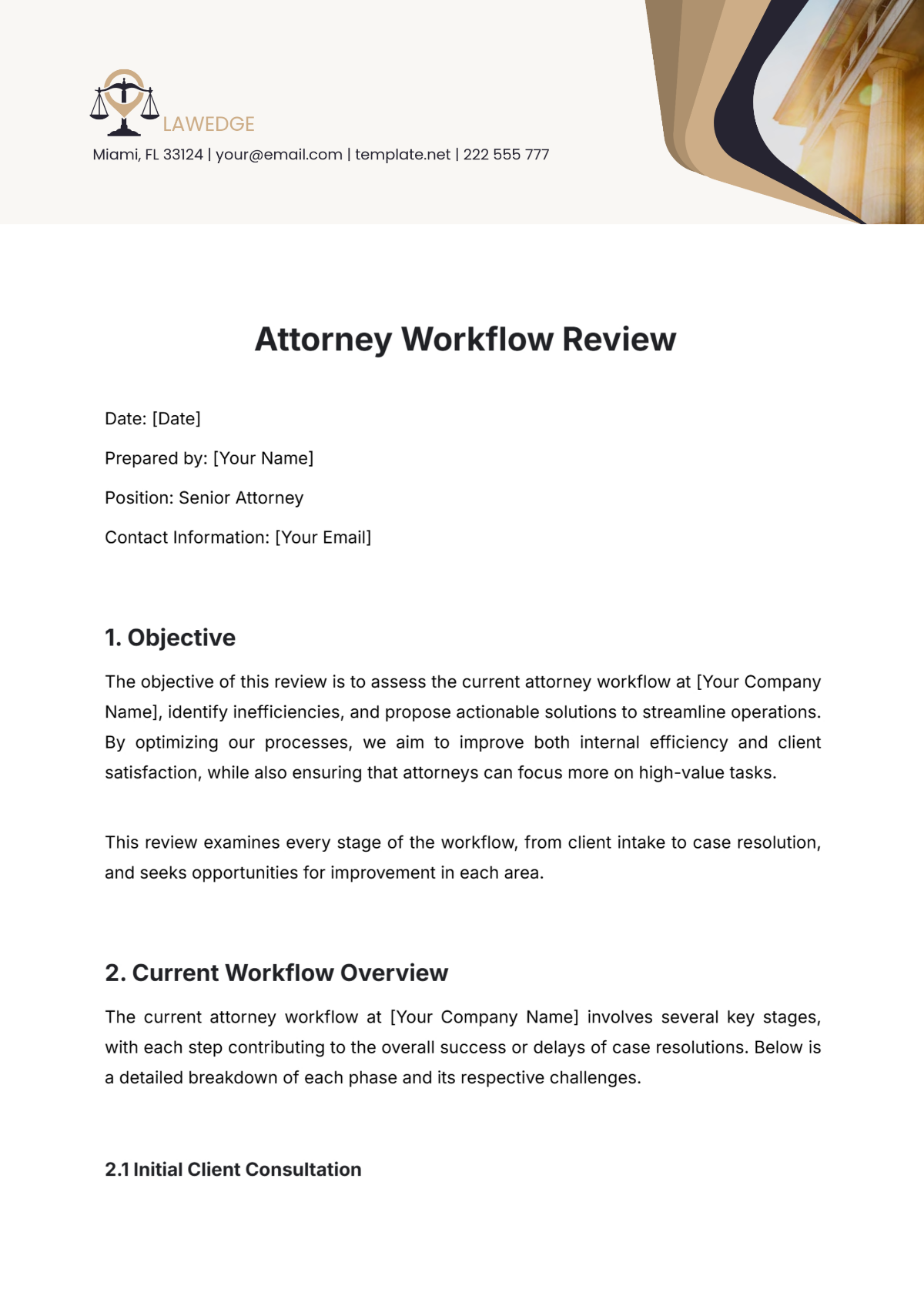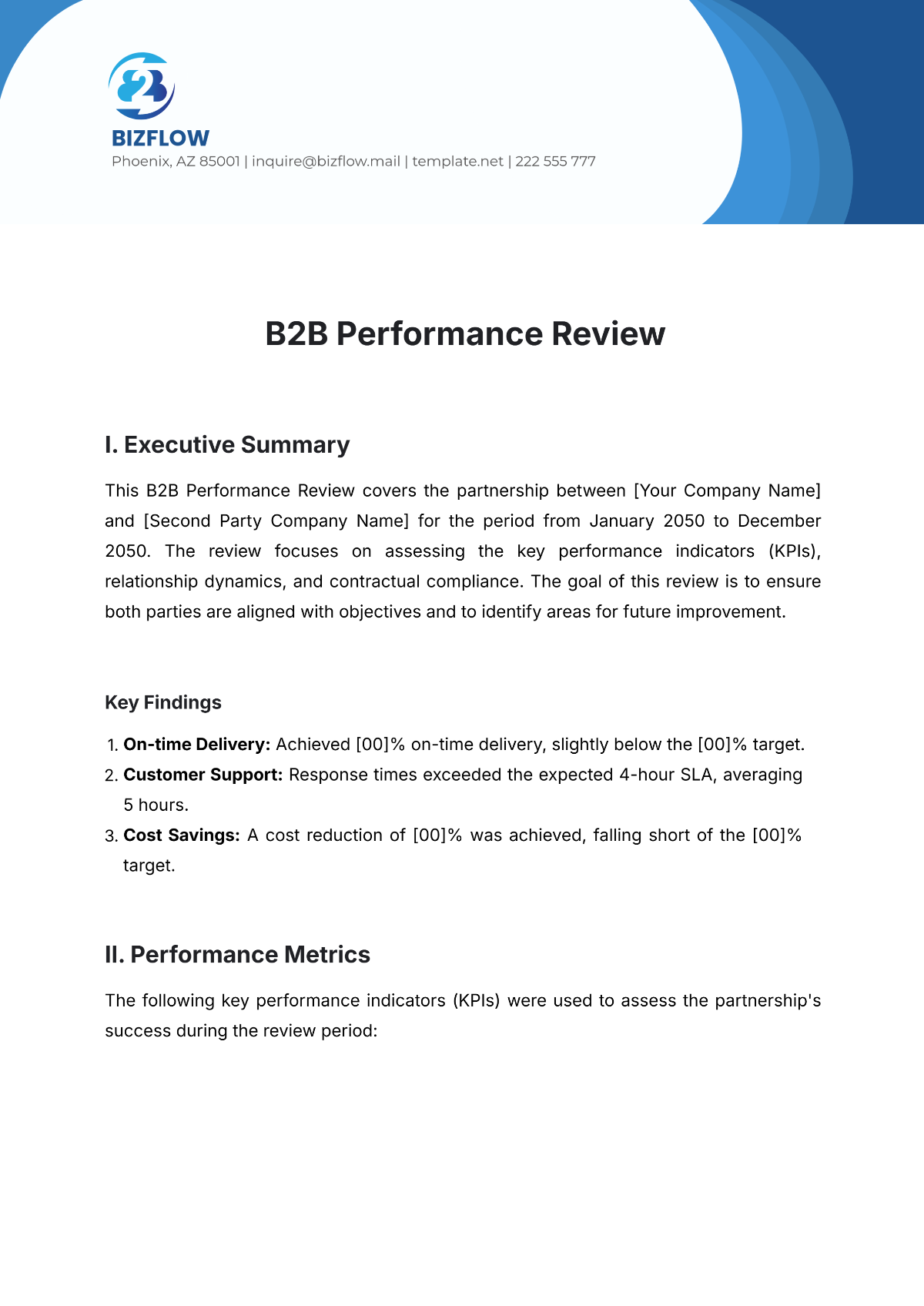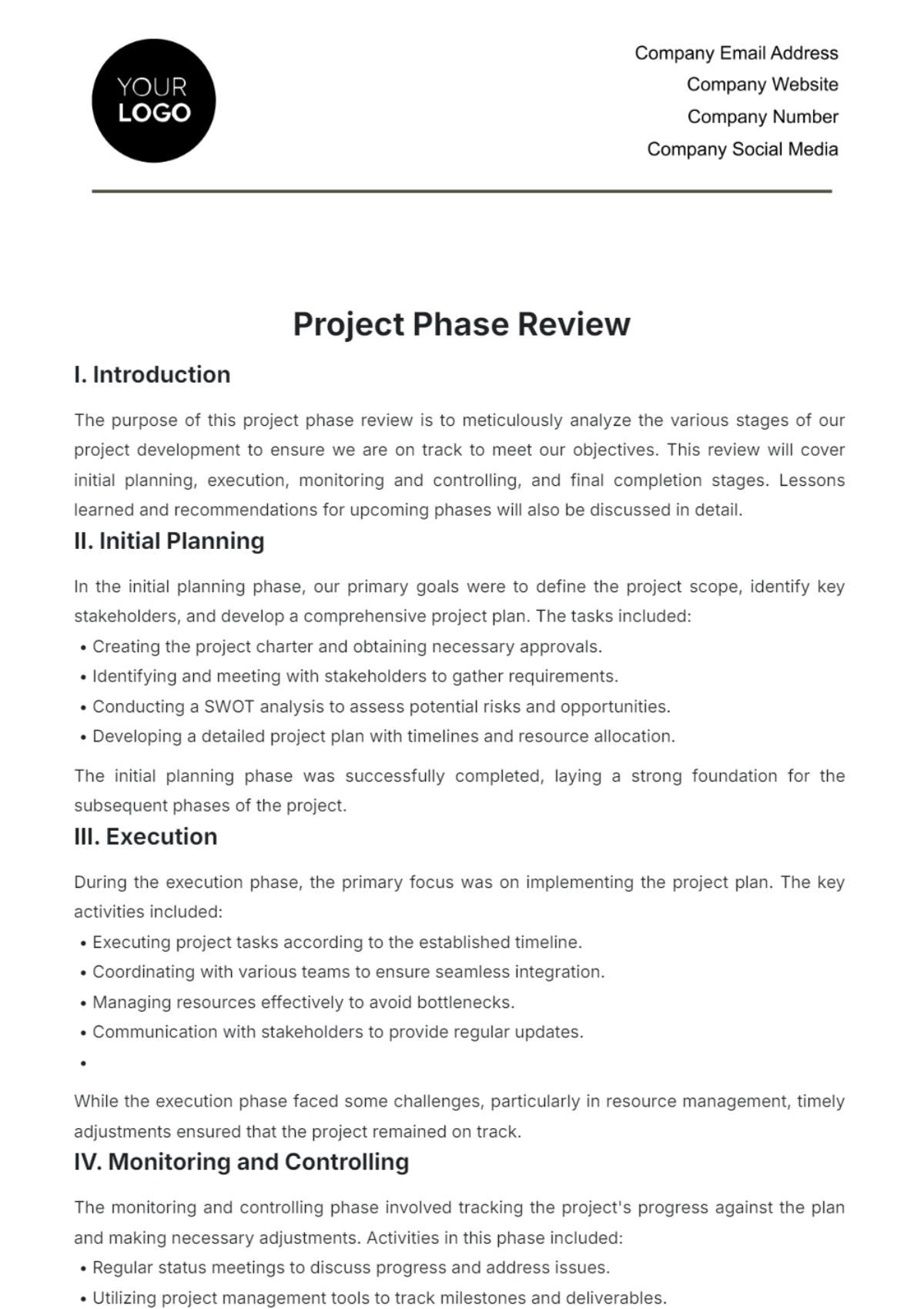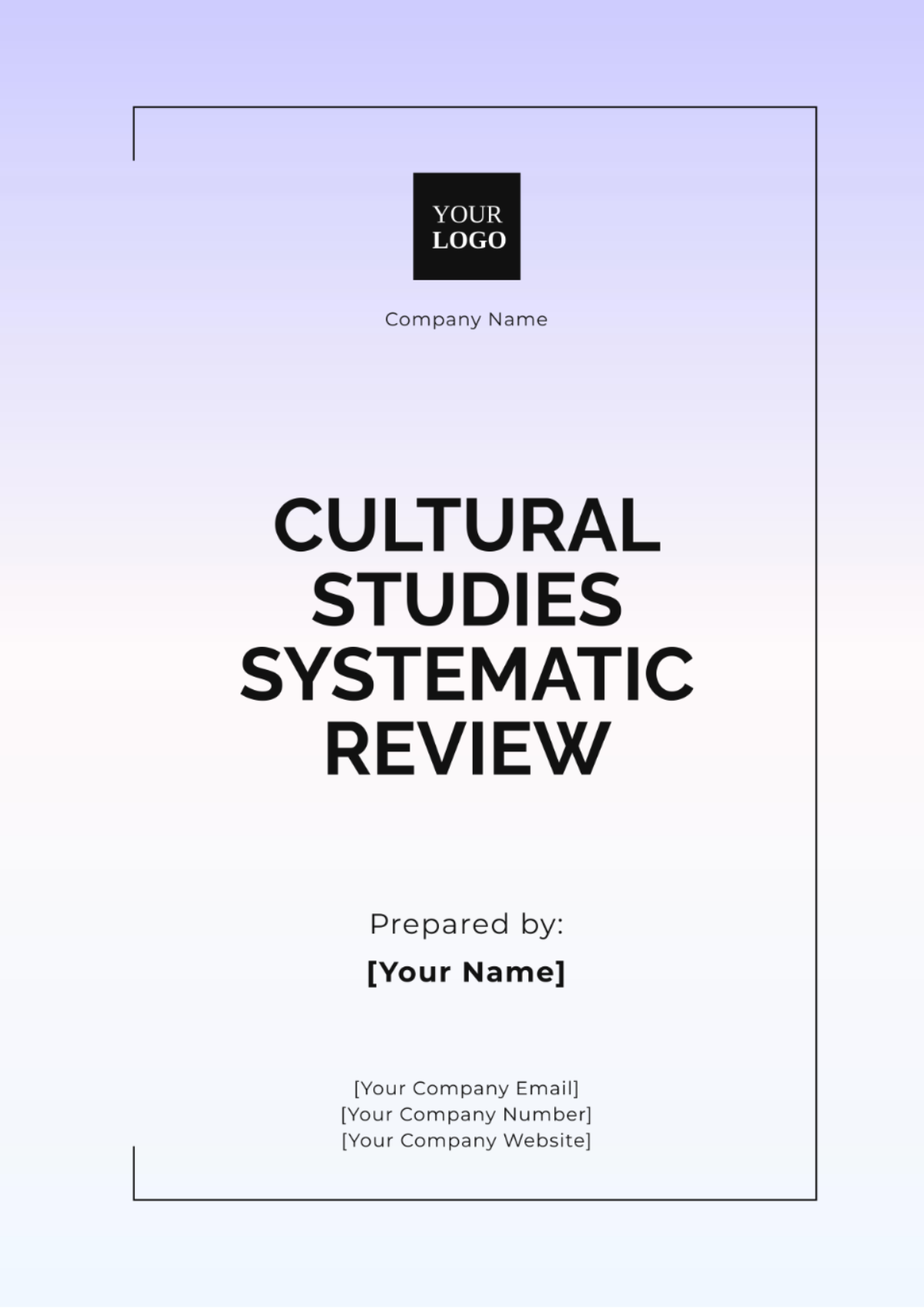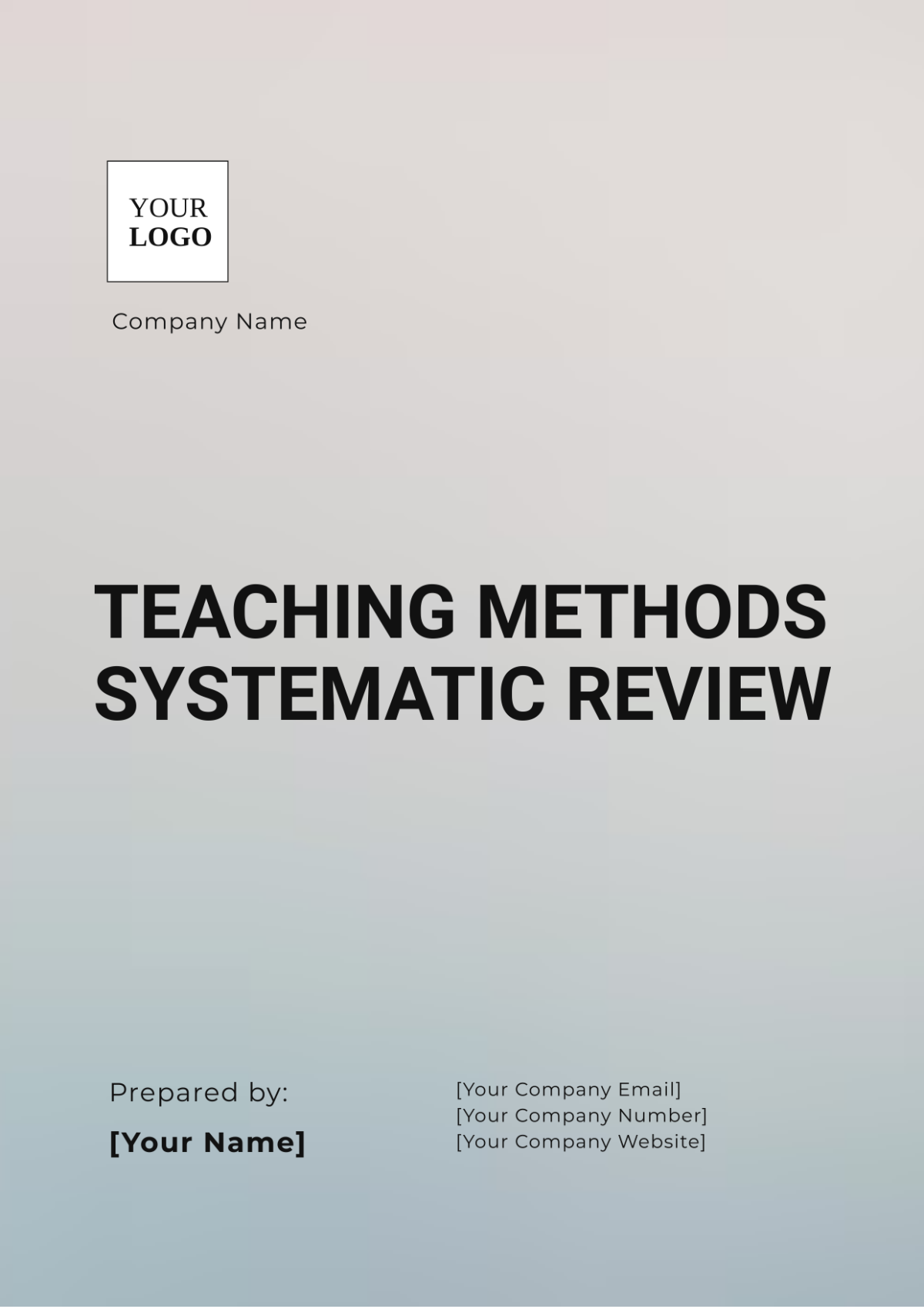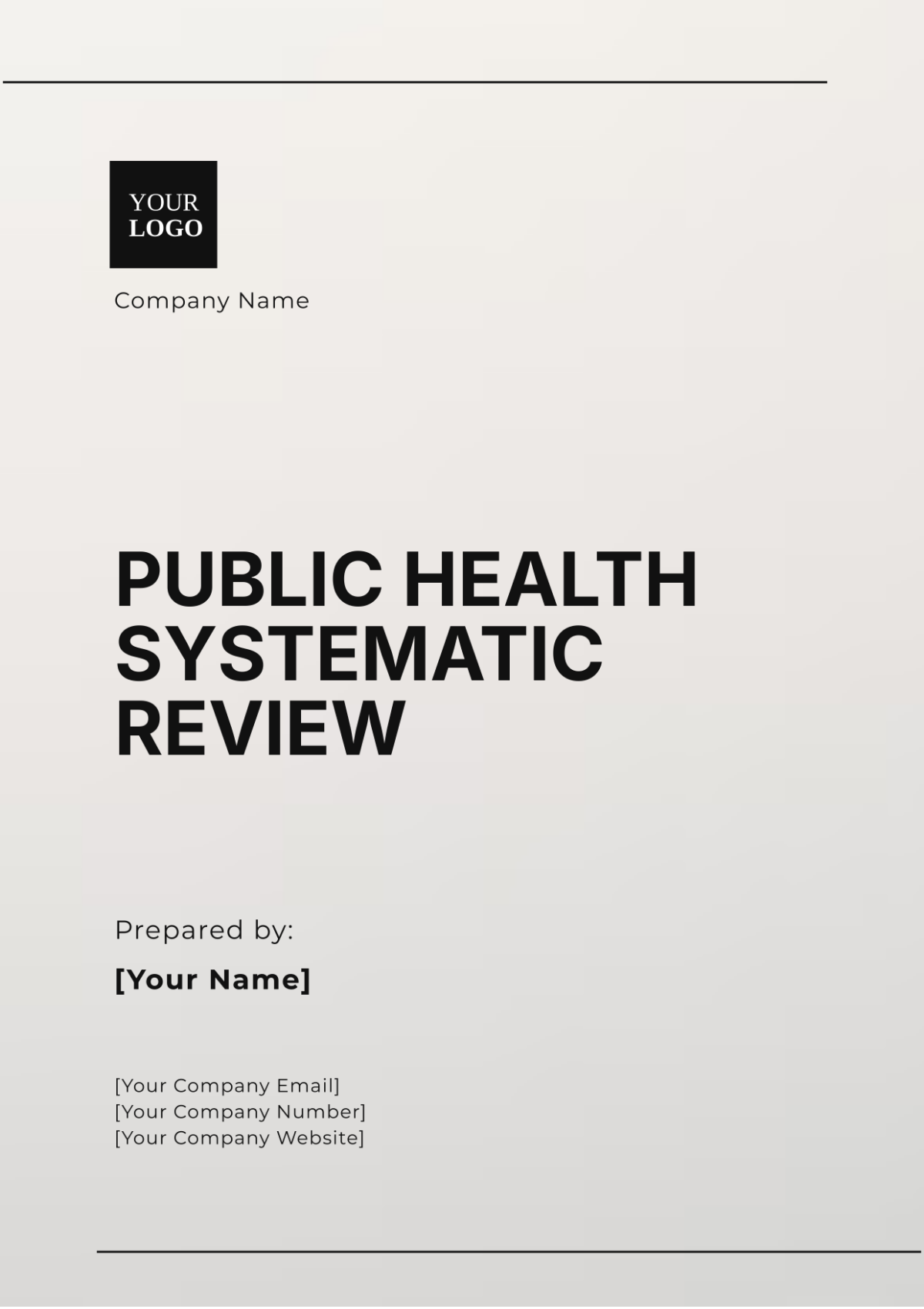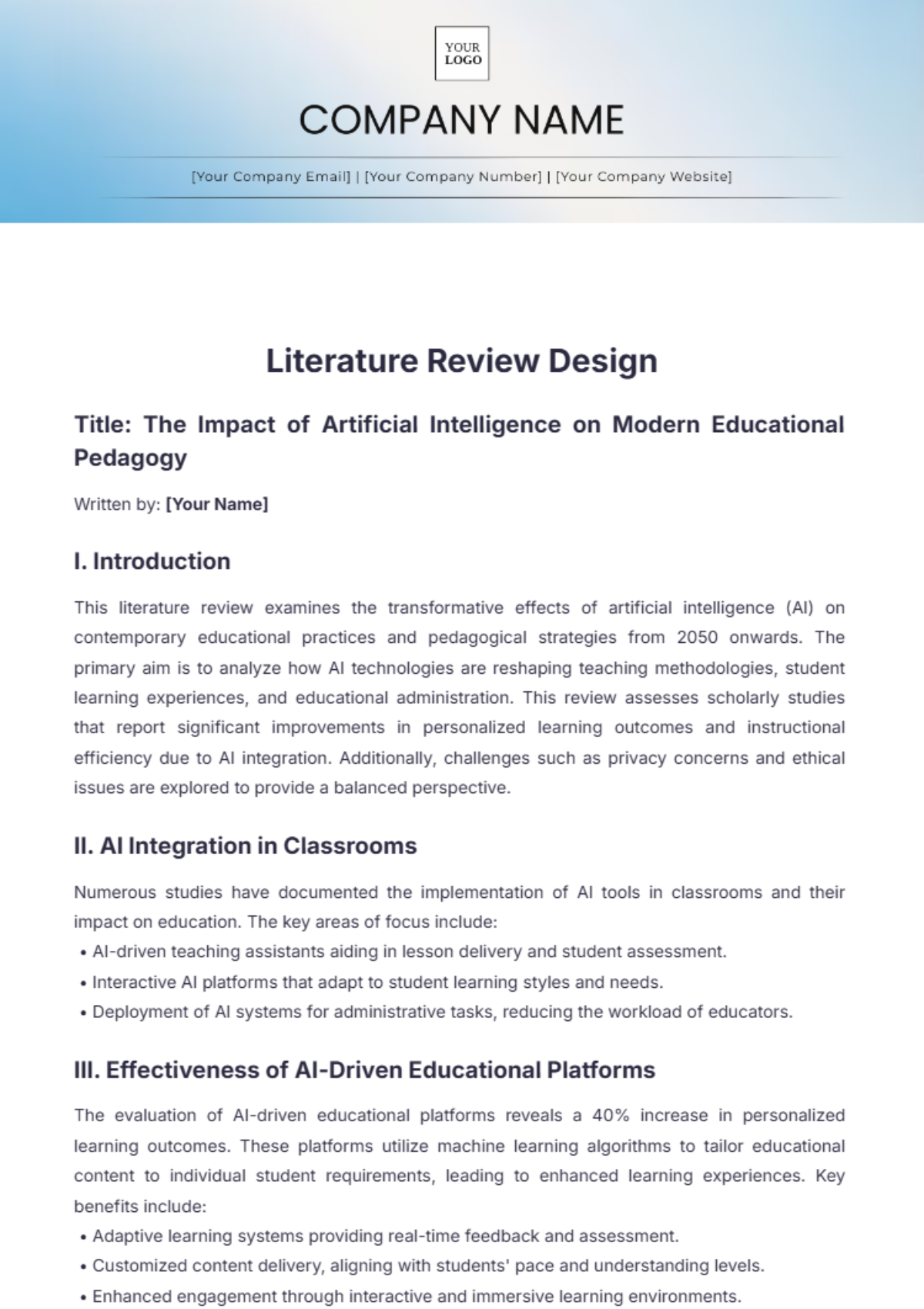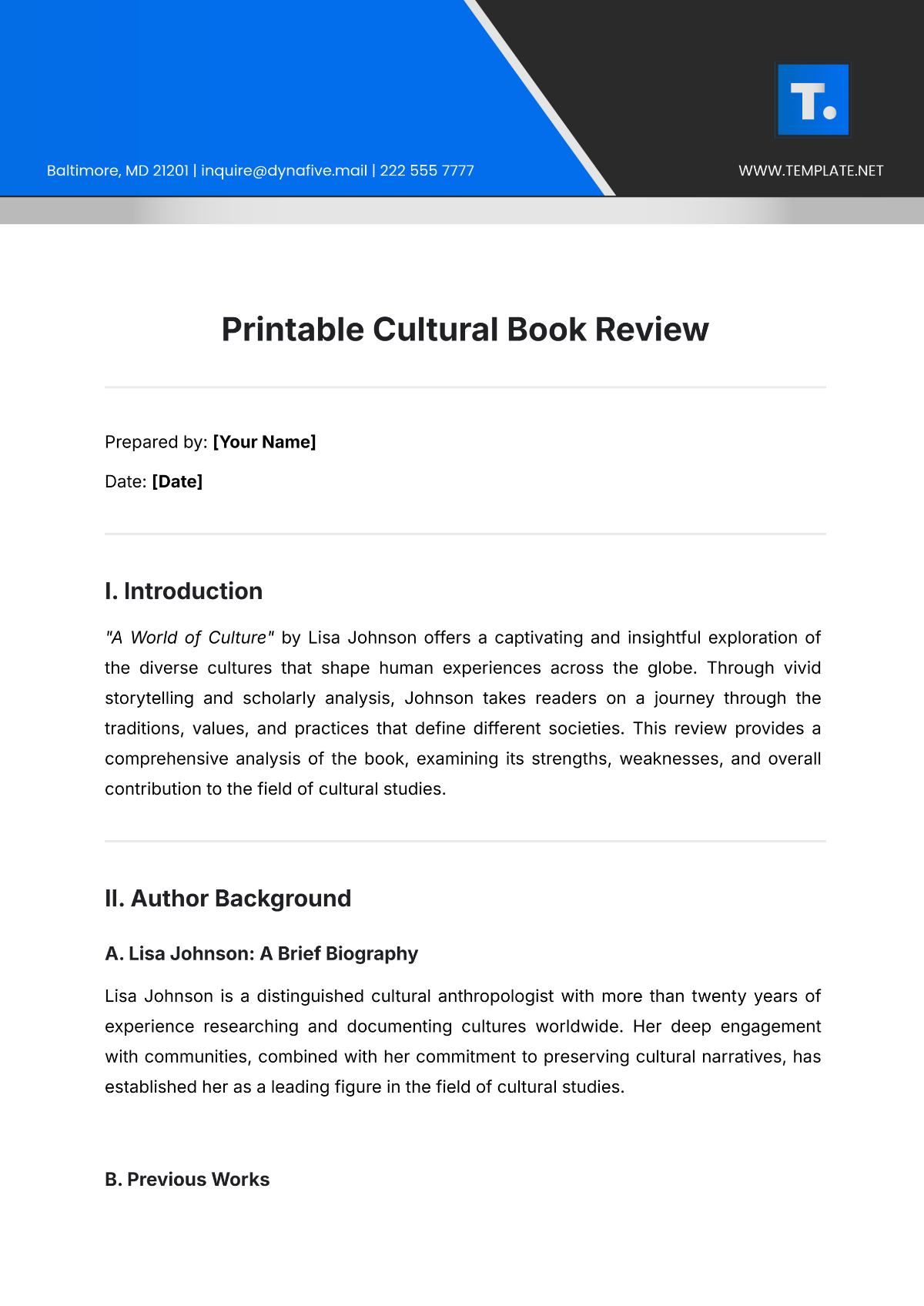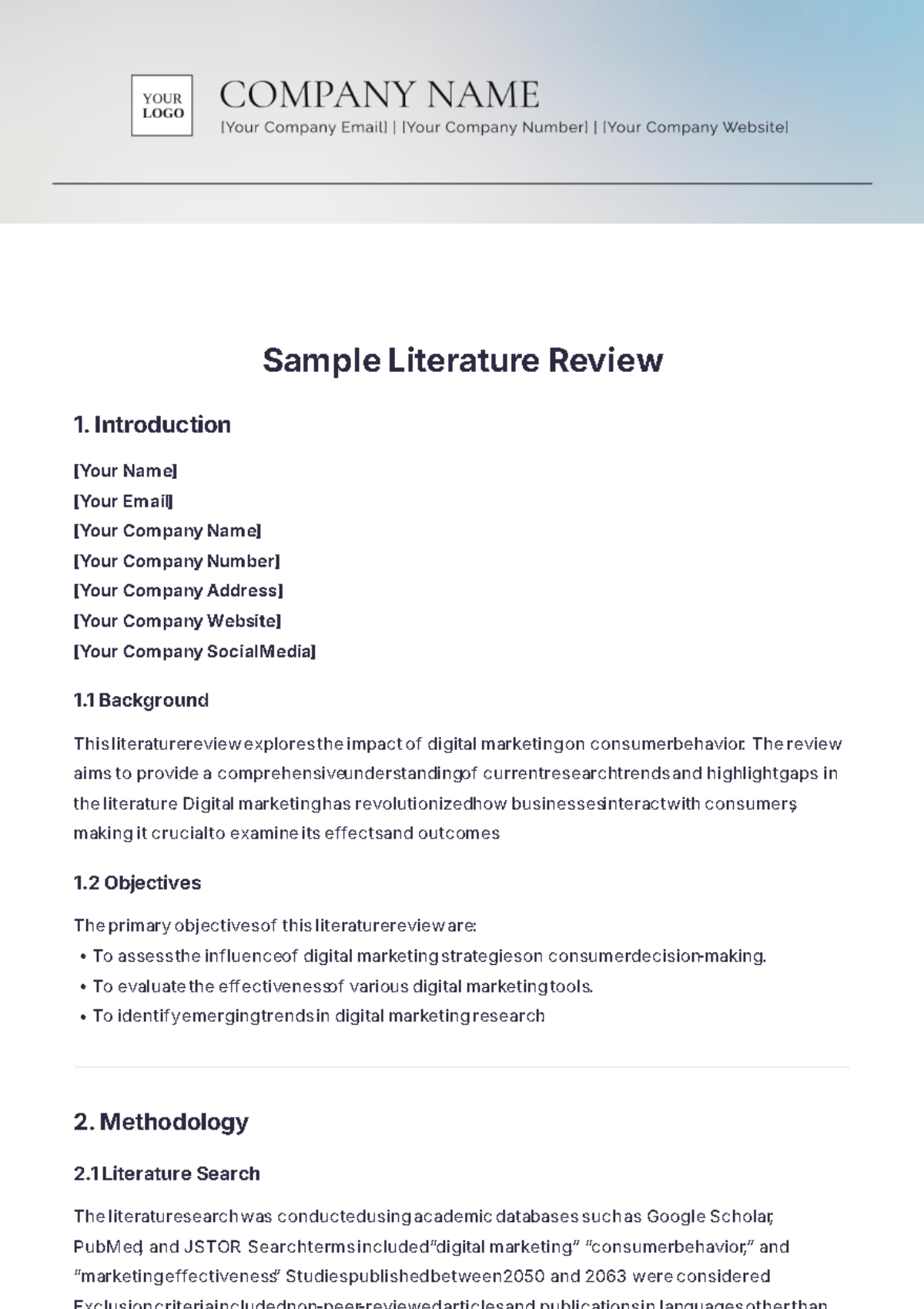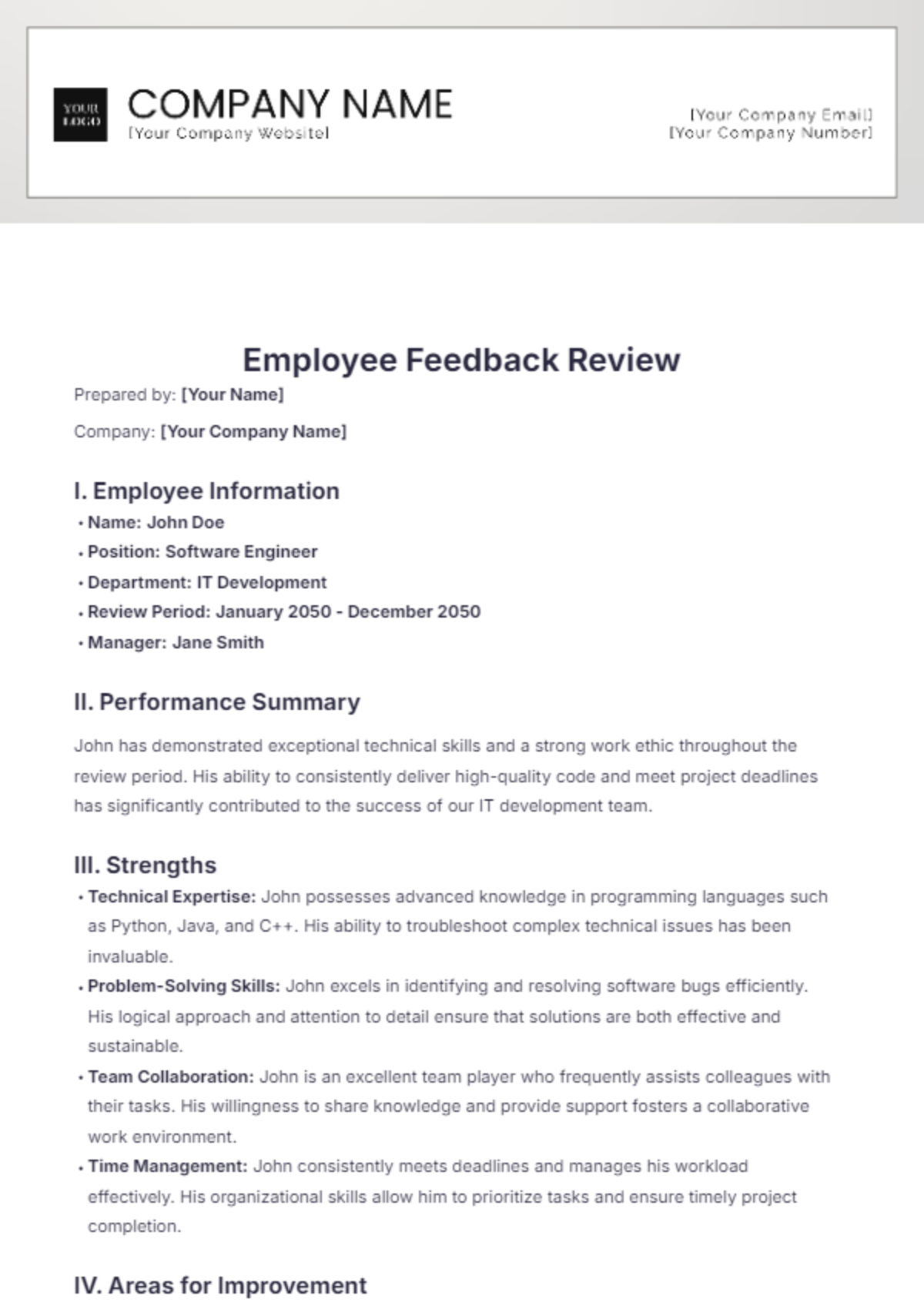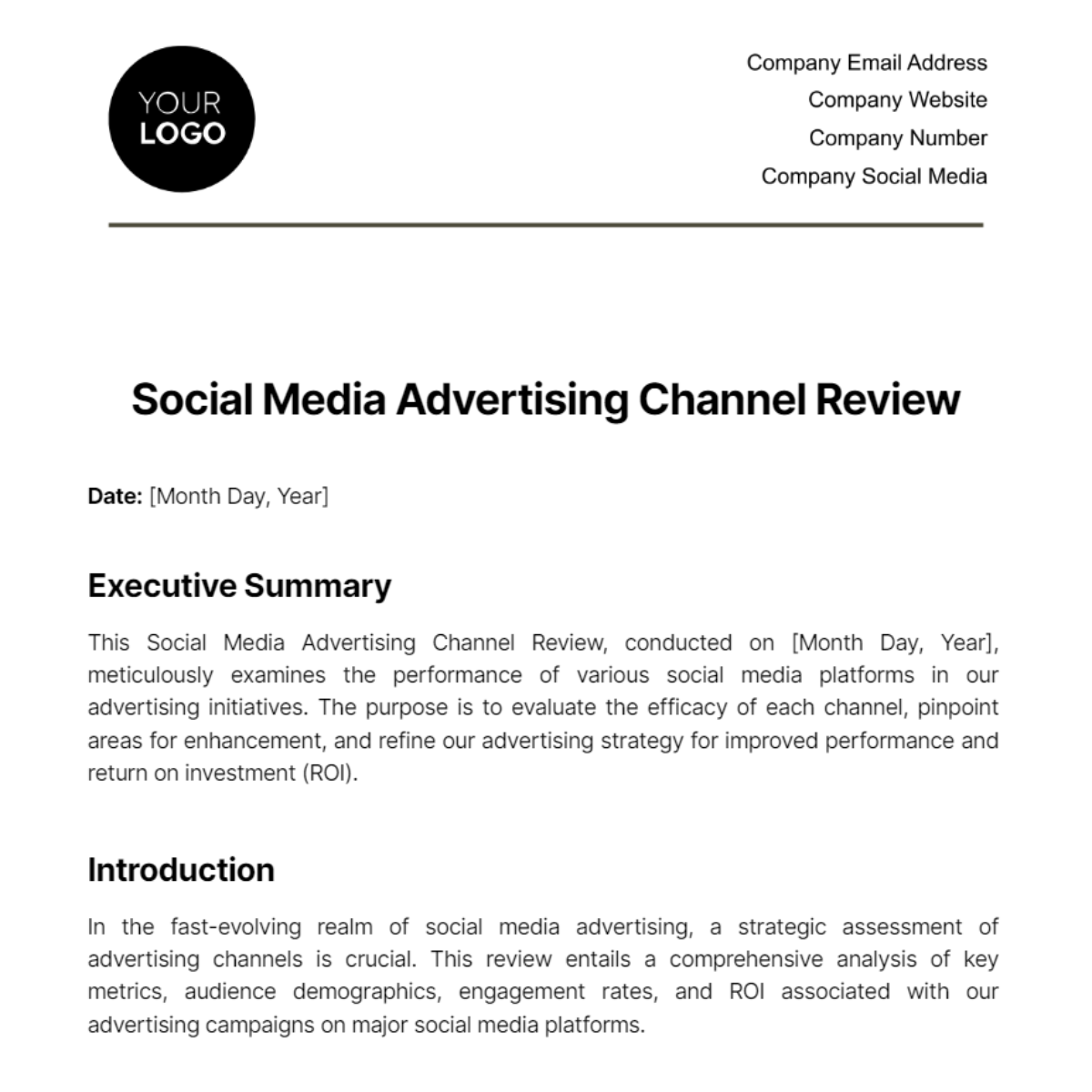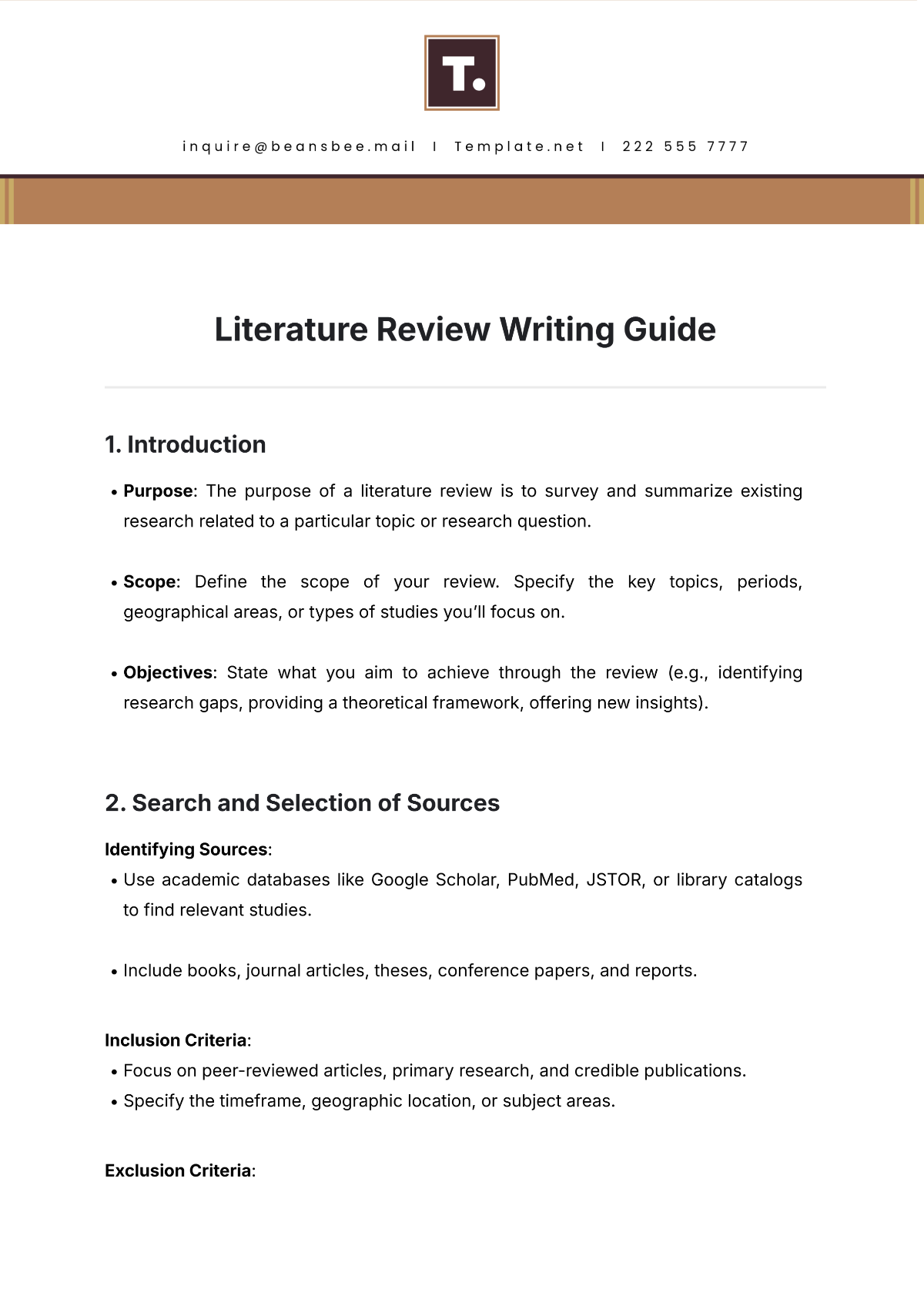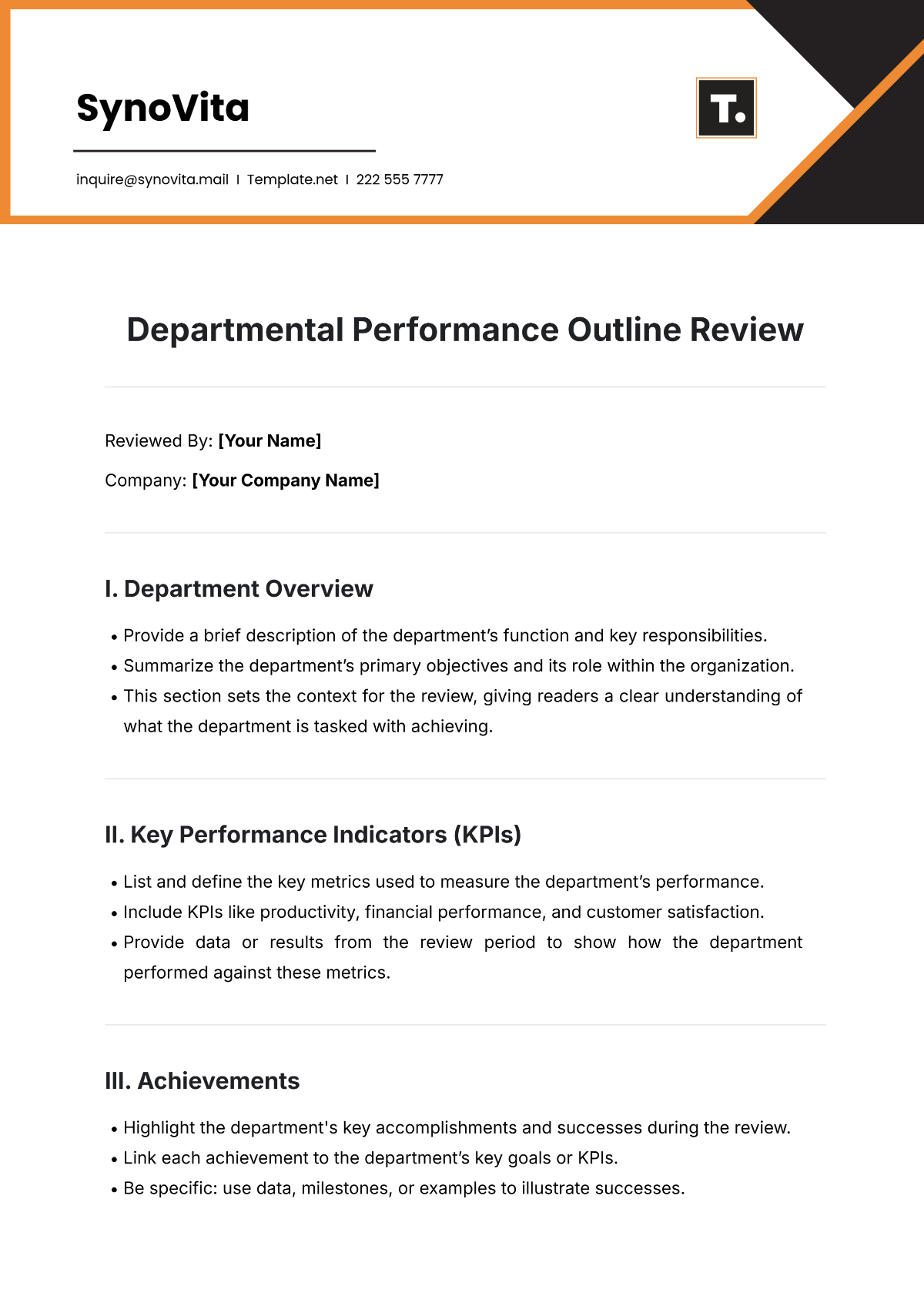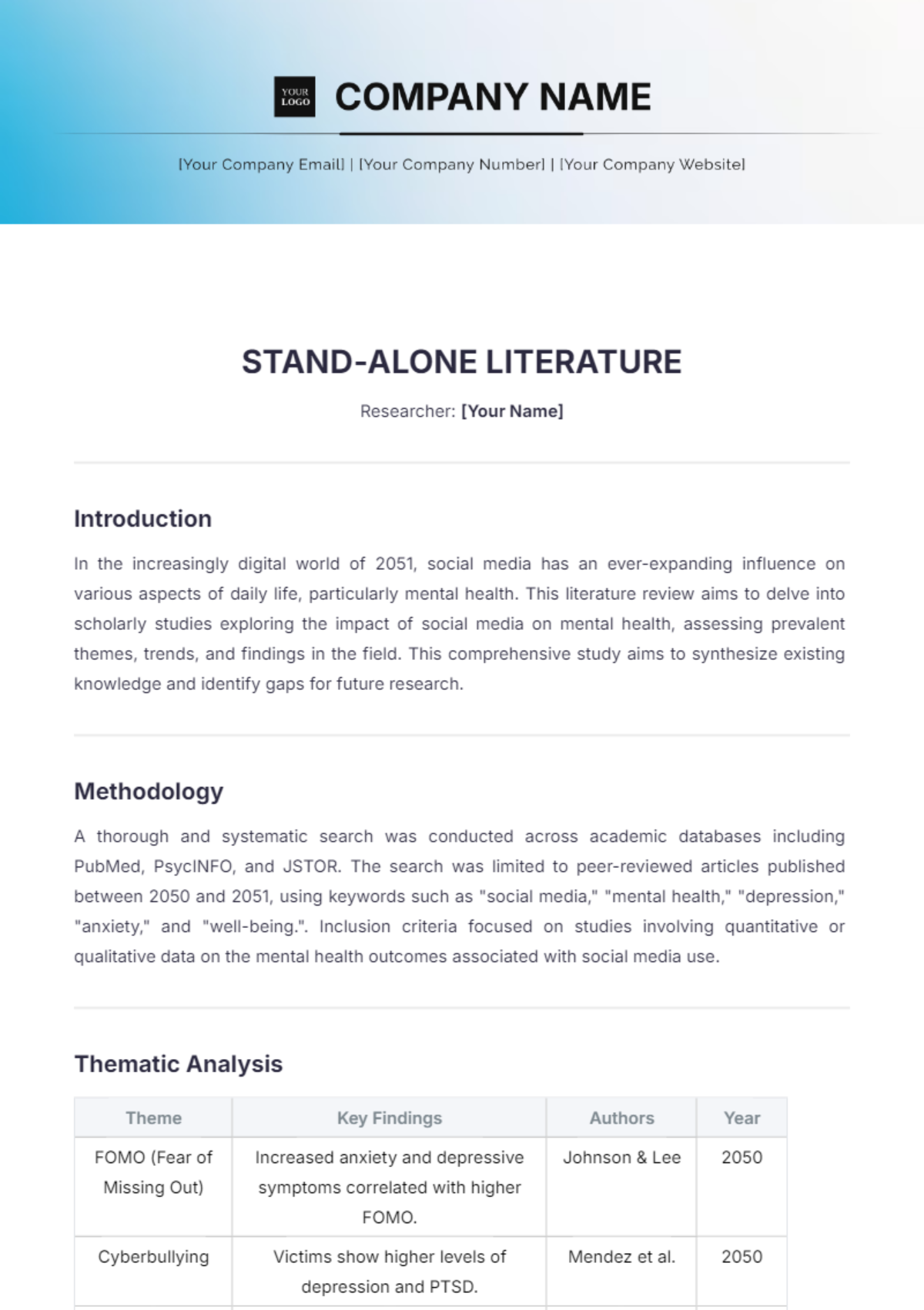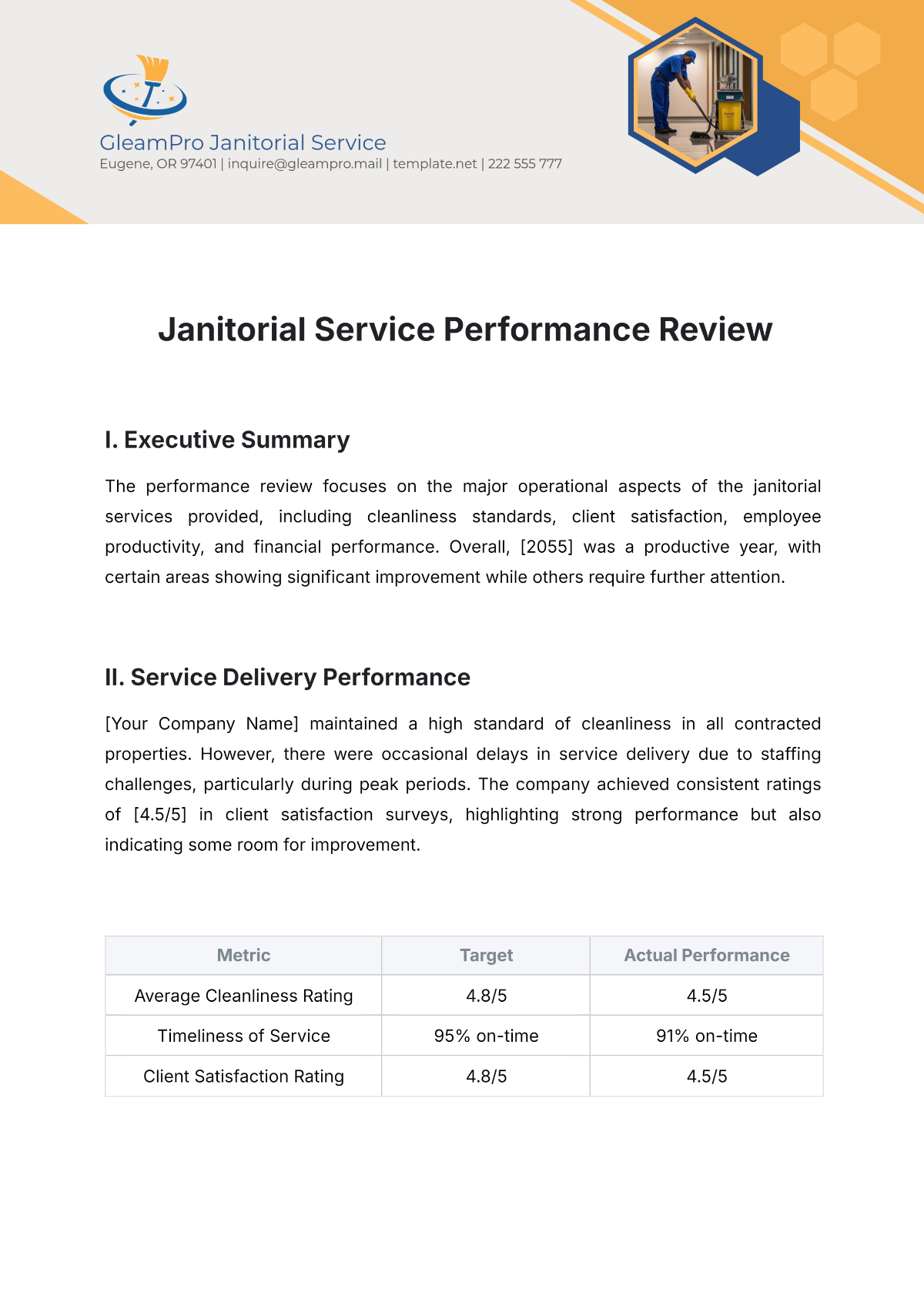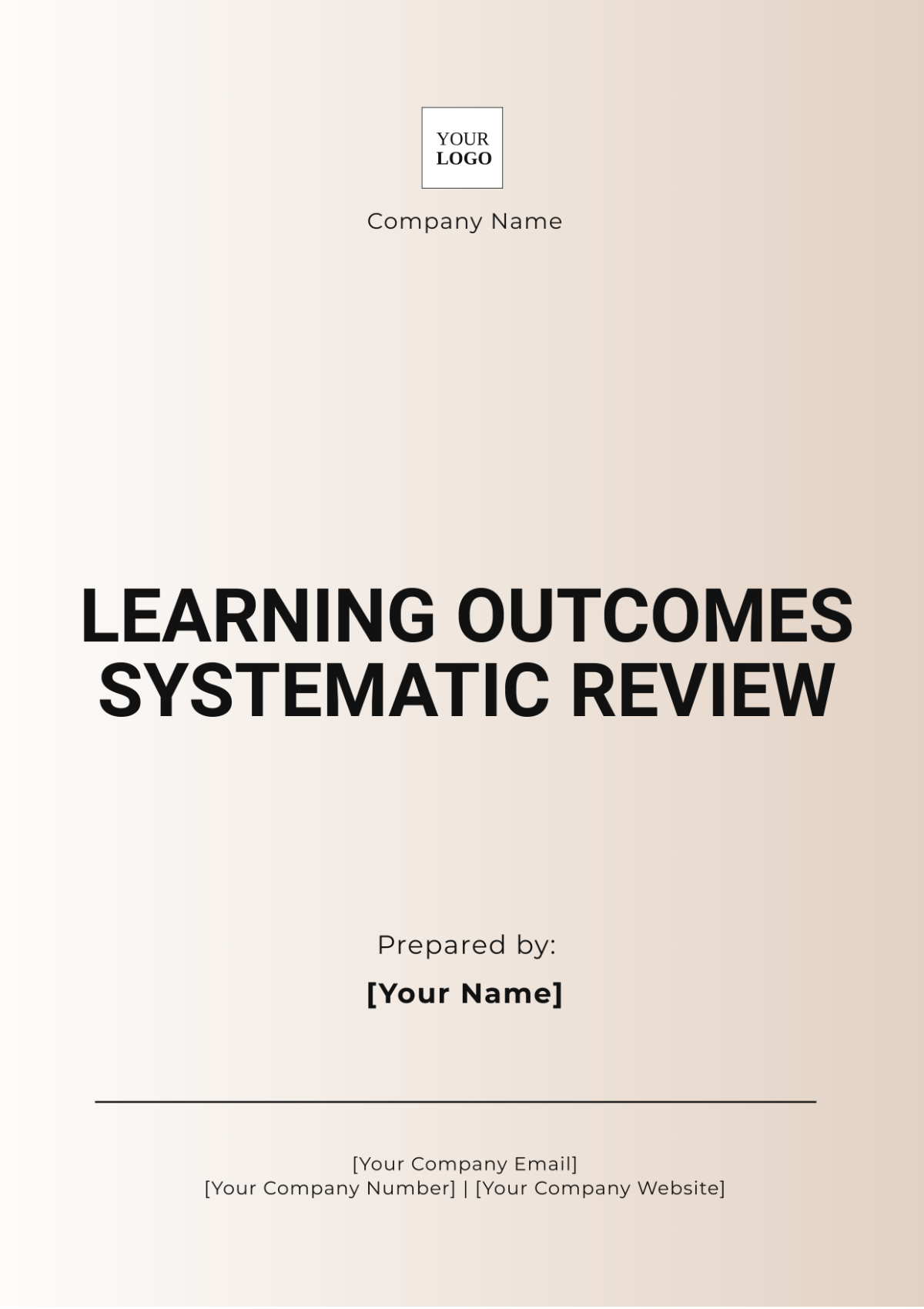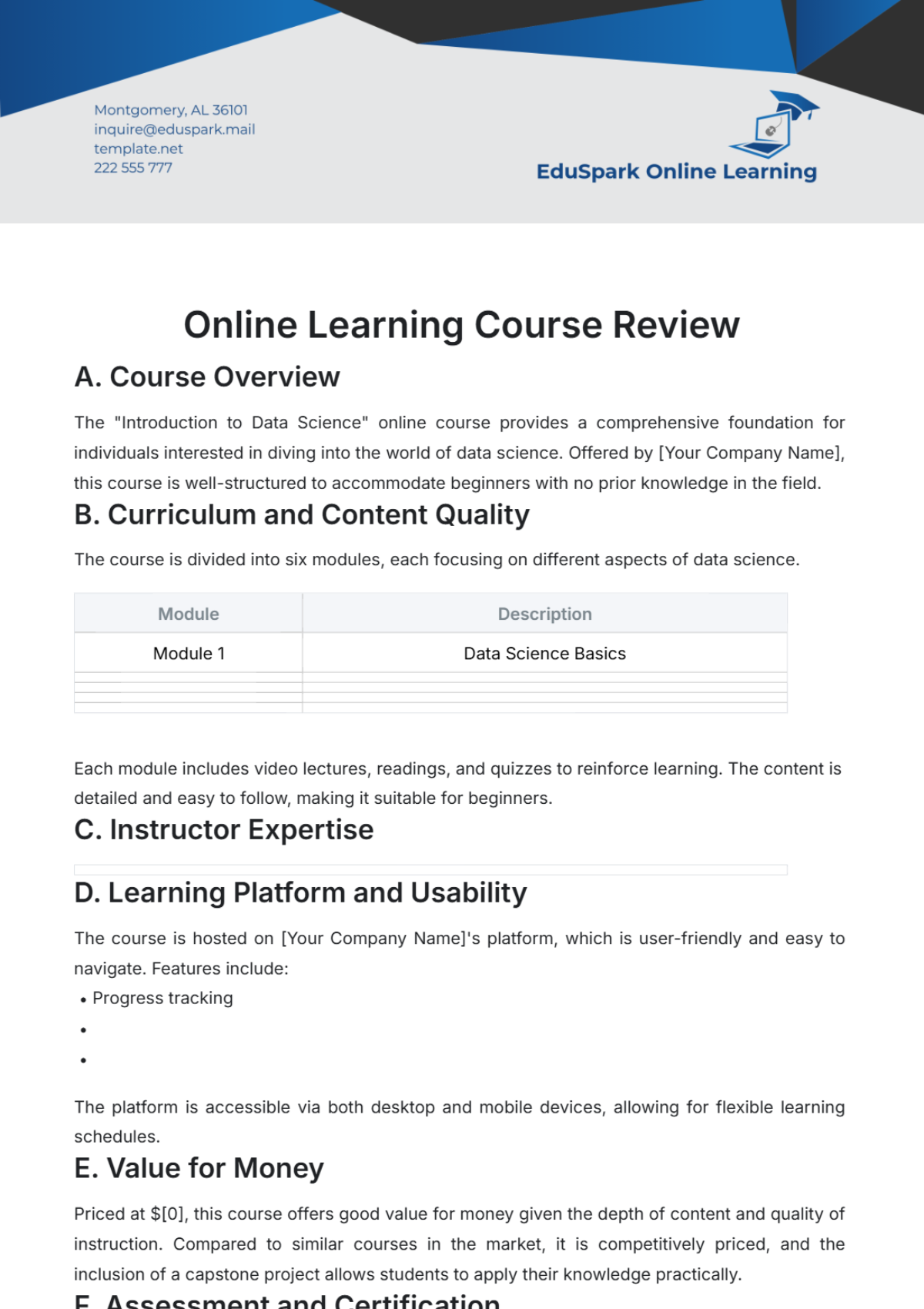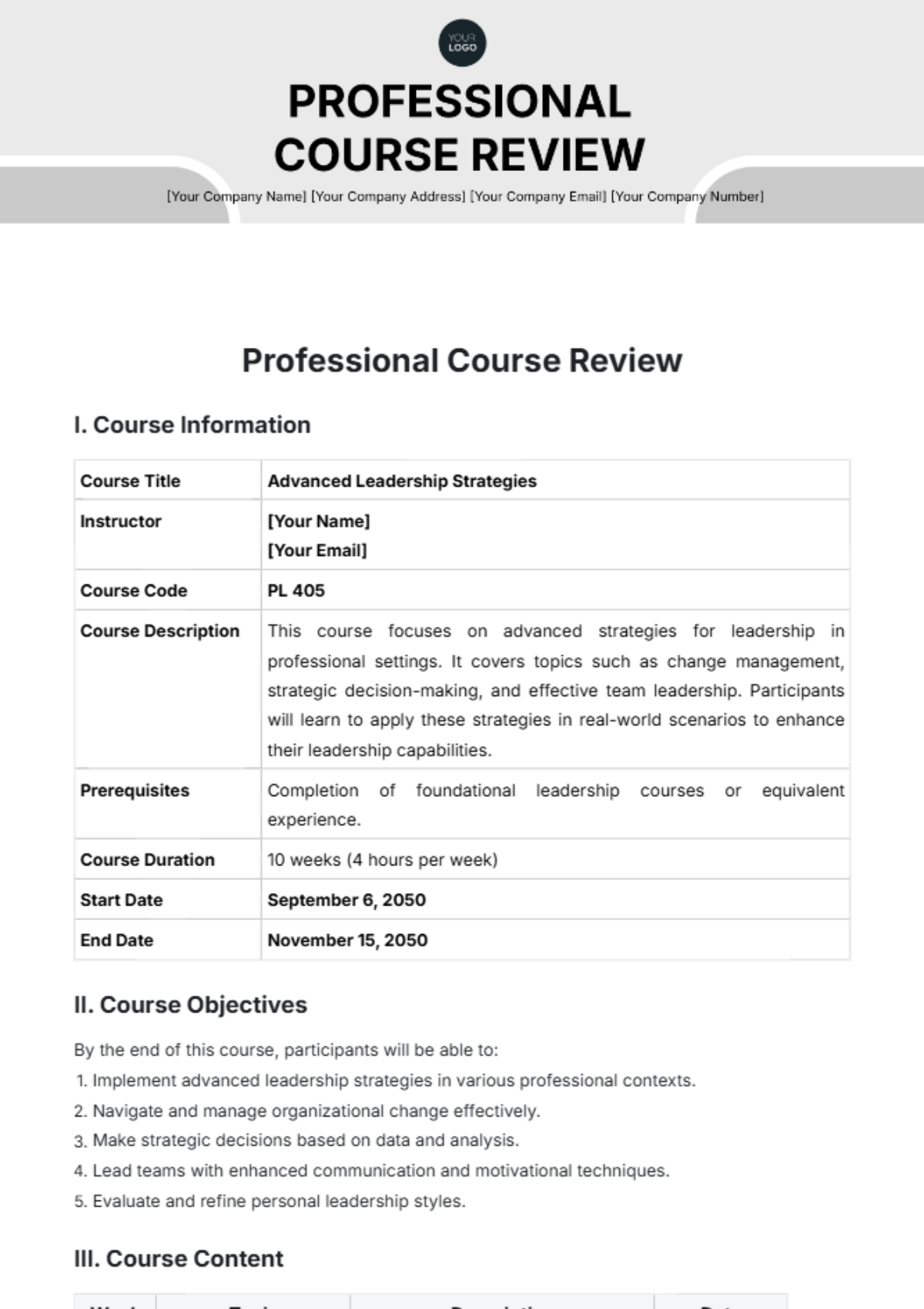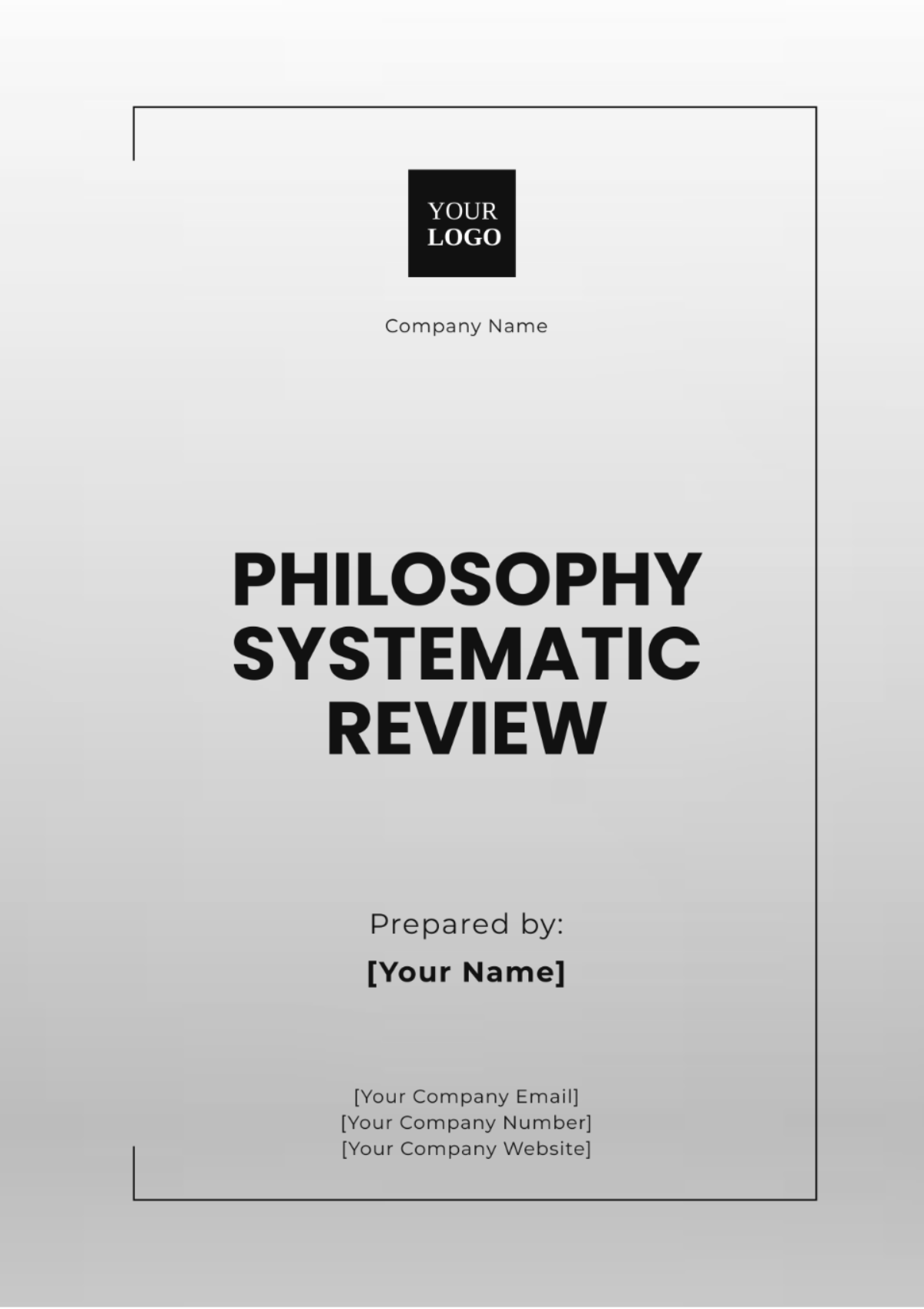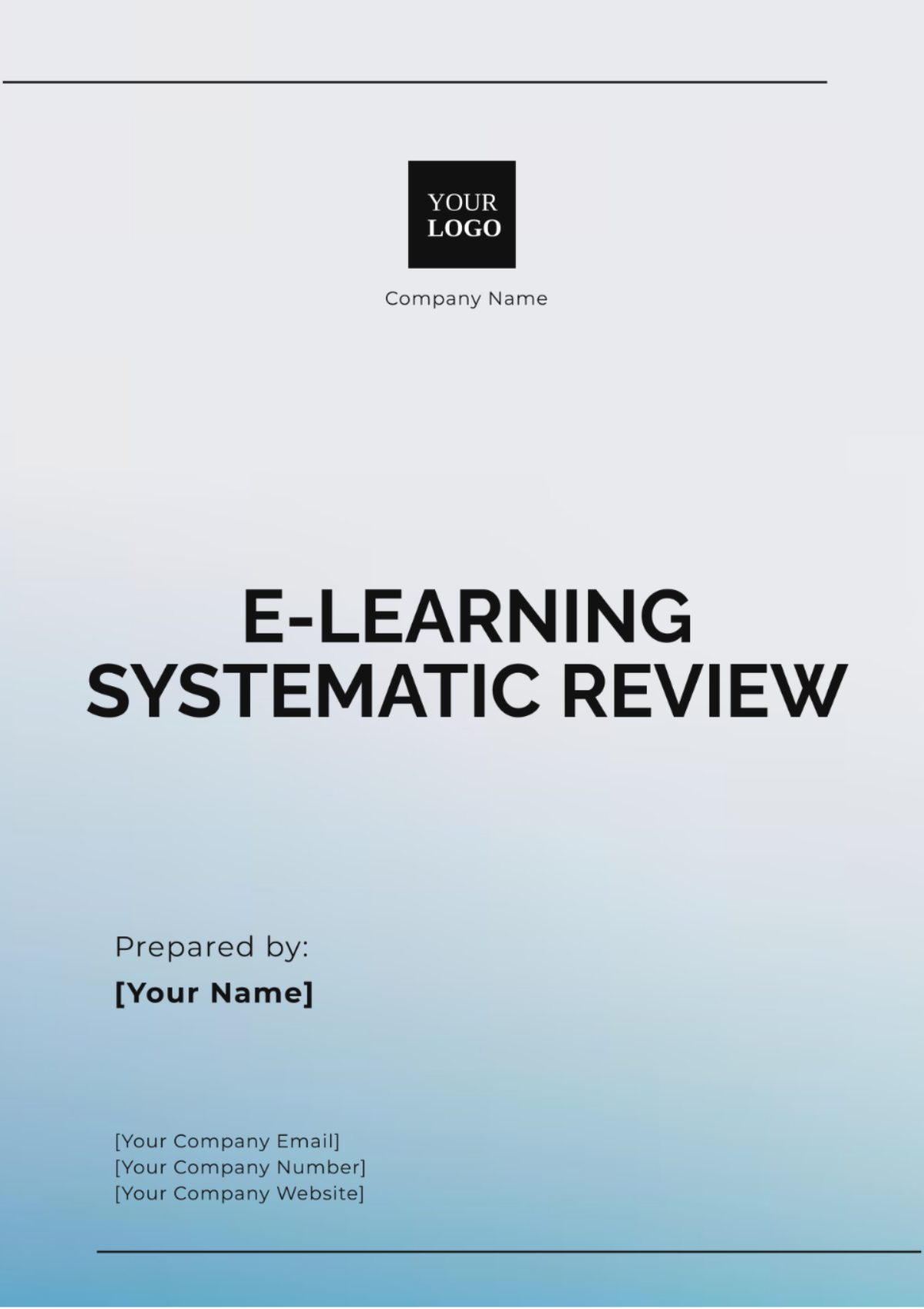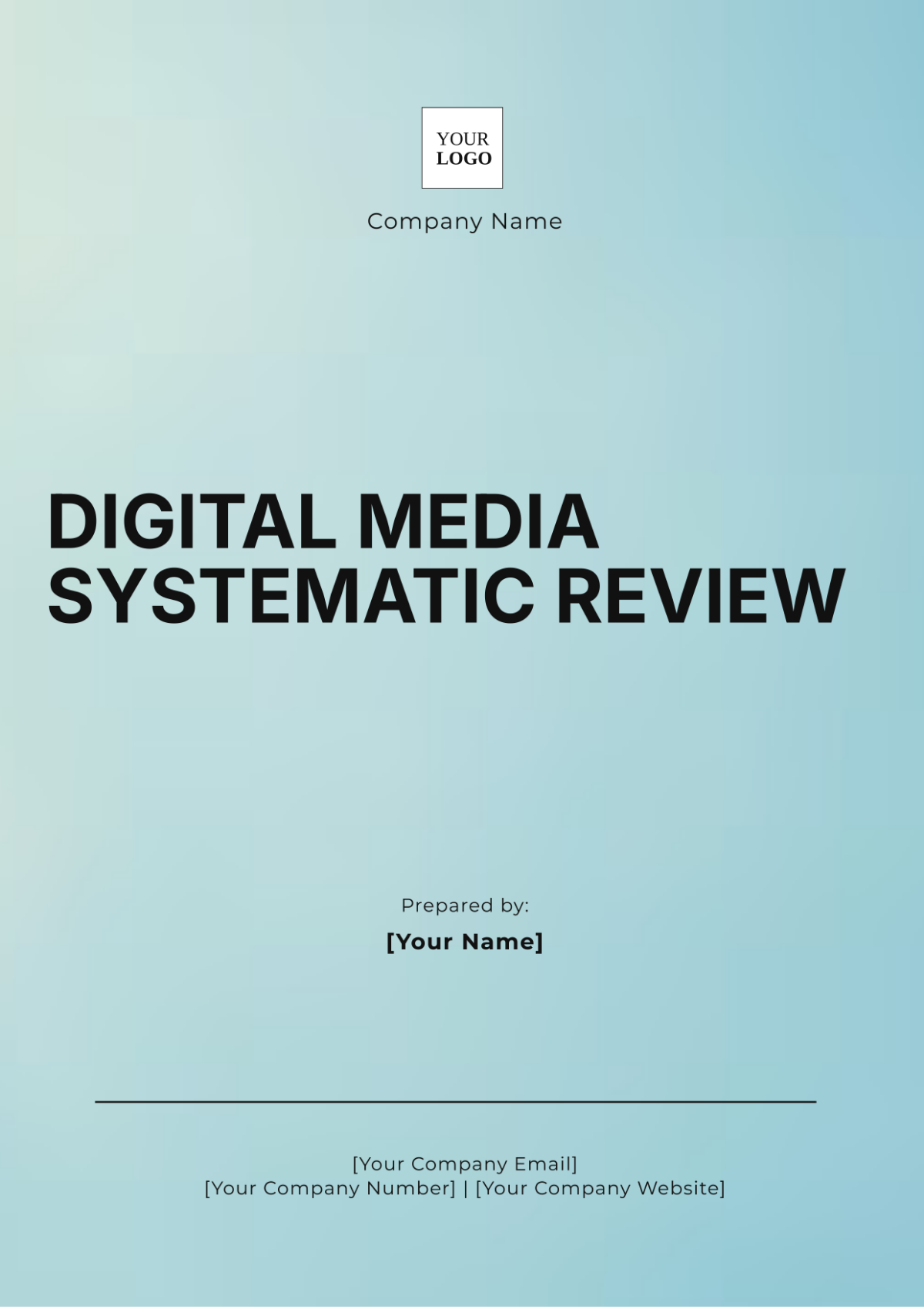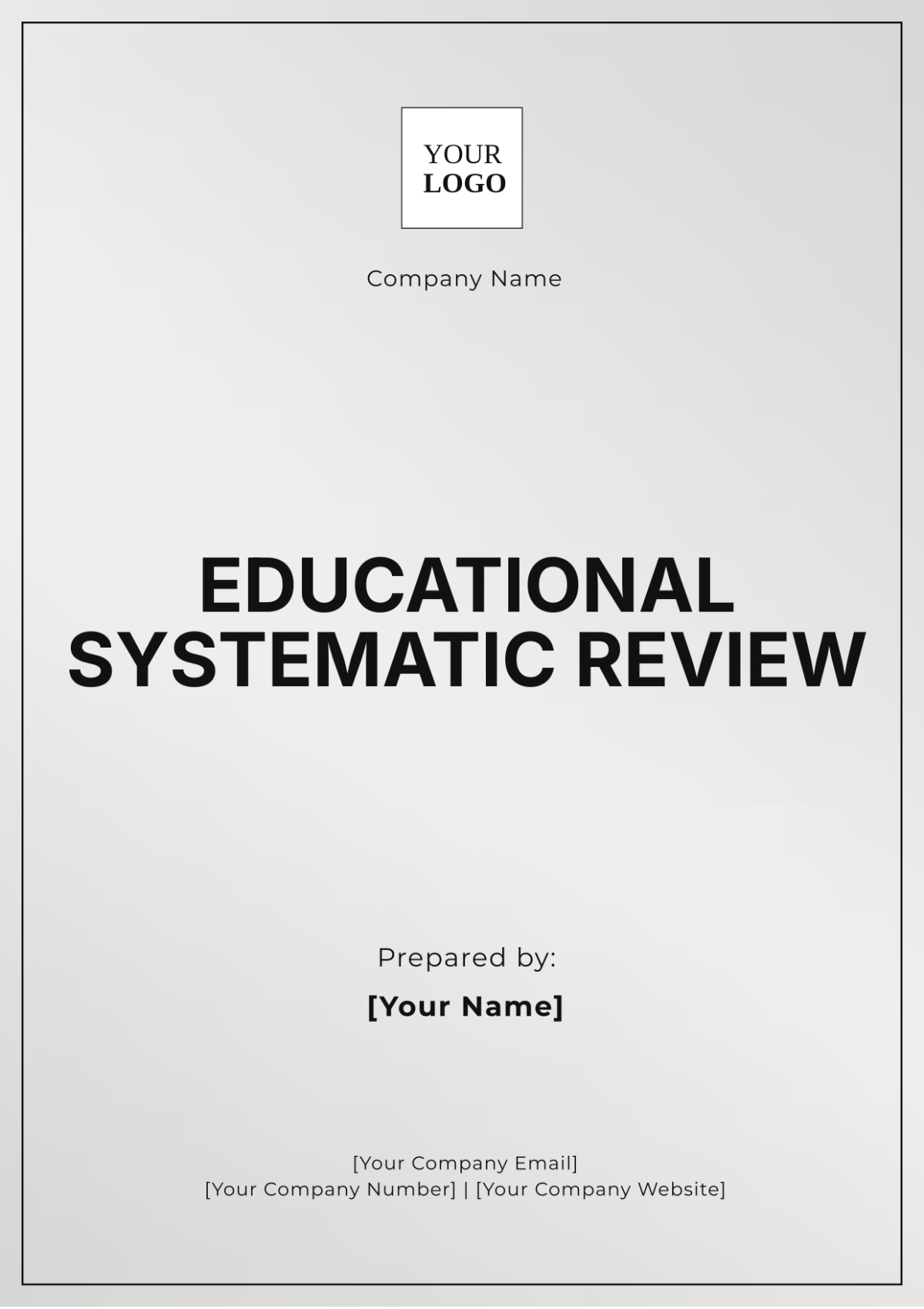Digital Media Systematic Review
Title: The Impact of Social Media on Adolescent Mental Health
Abstract
This systematic review examines the impact of social media use on adolescent mental health. Through a comprehensive analysis of studies published between 2050 and 2063, this review synthesizes findings on social media’s effects, including both positive and negative outcomes, to provide a balanced understanding of its impact.
Introduction
Social media platforms have become omnipresent in the lives of adolescents, playing a significant role in shaping numerous facets of their growth and maturation. This comprehensive review is intended to evaluate the existing body of evidence regarding the impact of social media on the mental health of adolescents. In particular, the focus will be placed on examining how social media usage influences levels of depression, anxiety, and self-esteem among young individuals.
Methods
Search Strategy: A systematic search was conducted in databases such as PubMed, PsycINFO, and Google Scholar using keywords like "social media," "adolescent," "mental health," and "depression."
Inclusion Criteria: Studies published from 2050 to 2063, focusing on adolescents aged 12-18, and examining mental health outcomes related to social media use.
Exclusion Criteria: Studies not in English, those not peer-reviewed, or those focusing on non-adolescent populations.
Data Extraction: Relevant data, including study design, sample size, methods, and key findings, were extracted and analyzed.
Results
Study Overview: Out of 150 identified studies, 25 met the inclusion criteria. These studies varied in design, including longitudinal, cross-sectional, and experimental research.
Positive Effects: Several studies reported that social media can enhance social support and provide educational resources.
Negative Effects: Many studies highlighted concerns about increased depression, anxiety, and body dissatisfaction linked to excessive social media use.
Summary of Findings: The overall evidence suggests a complex relationship between social media use and adolescent mental health, with both beneficial and harmful effects.
Discussion
Implications: The review underscores the need for balanced social media use and interventions to mitigate negative impacts on mental health.
Limitations: Variability in study design and measurement tools limited the ability to draw definitive conclusions.
Future Research: Further research is needed to explore causality and develop strategies for mitigating negative effects.
Conclusion
The impact of social media on the mental health of adolescents is complex and varied. On one hand, social media platforms provide young individuals with opportunities to connect with others, build communities, and find emotional support. This interconnectedness benefits teens who feel isolated or struggle to make friends offline. On the other hand, social media also presents several risks and challenges that can negatively affect the mental well-being of young people. To address the risks of cyberbullying, unrealistic online standards, and social media addiction on adolescent mental health, targeted interventions and ongoing research are essential. This will help create evidence-based strategies for healthier social media use among teens.
References
Smith, J., & Brown, A. (2061). The Role of Social Media in Adolescent Mental Health. Journal of Adolescent Health, 68(4), 567-574.
Lee, K., & Kim, H. (2058). Social Media Use and Anxiety in Adolescents: A Systematic Review. Psychology Today, 30(2), 223-234.
Davis, M., & Thompson, L. (2063). Body Image and Social Media: A Meta-Analysis. Health Psychology Review, 28(1), 89-101.
